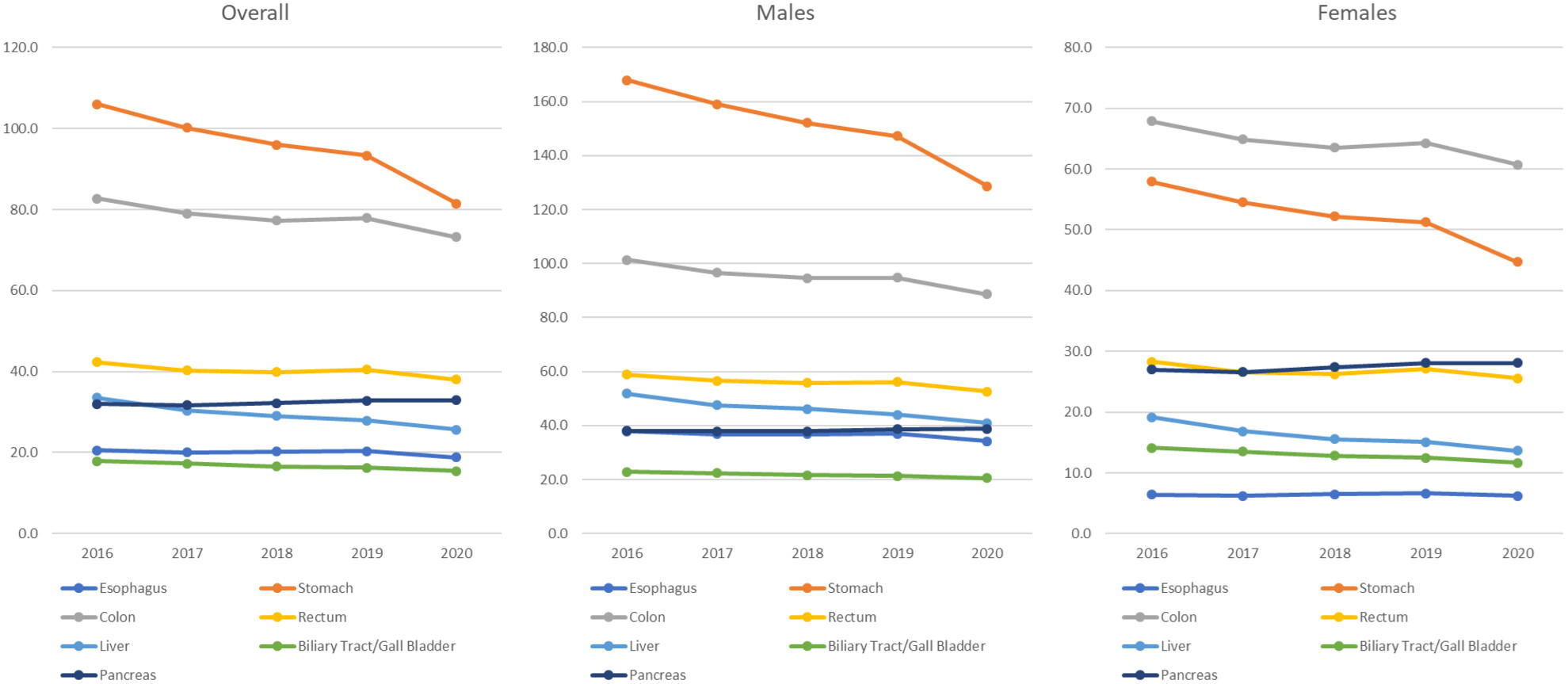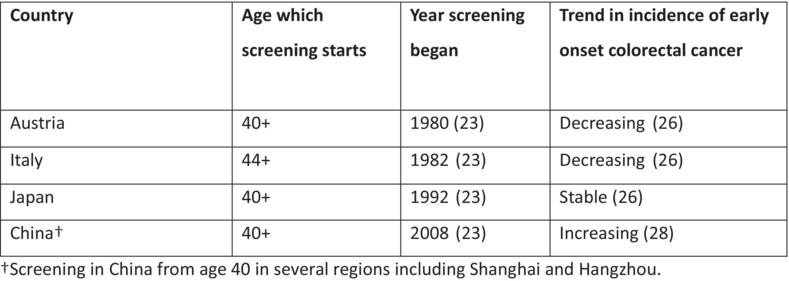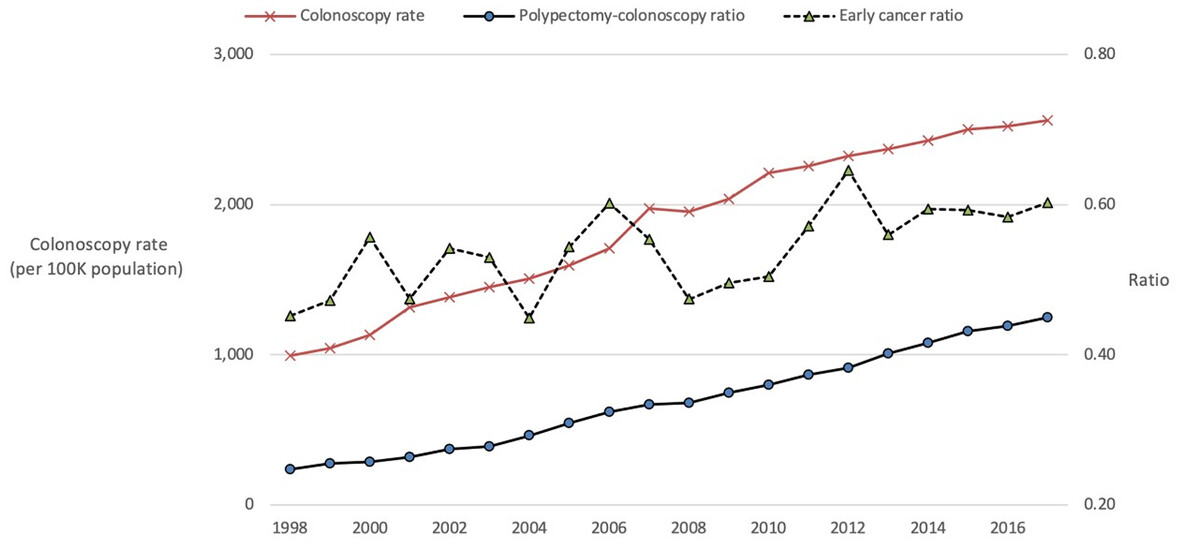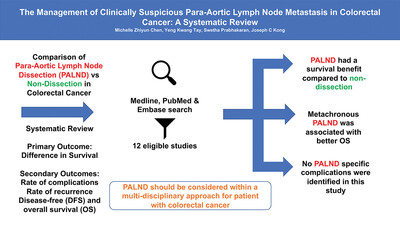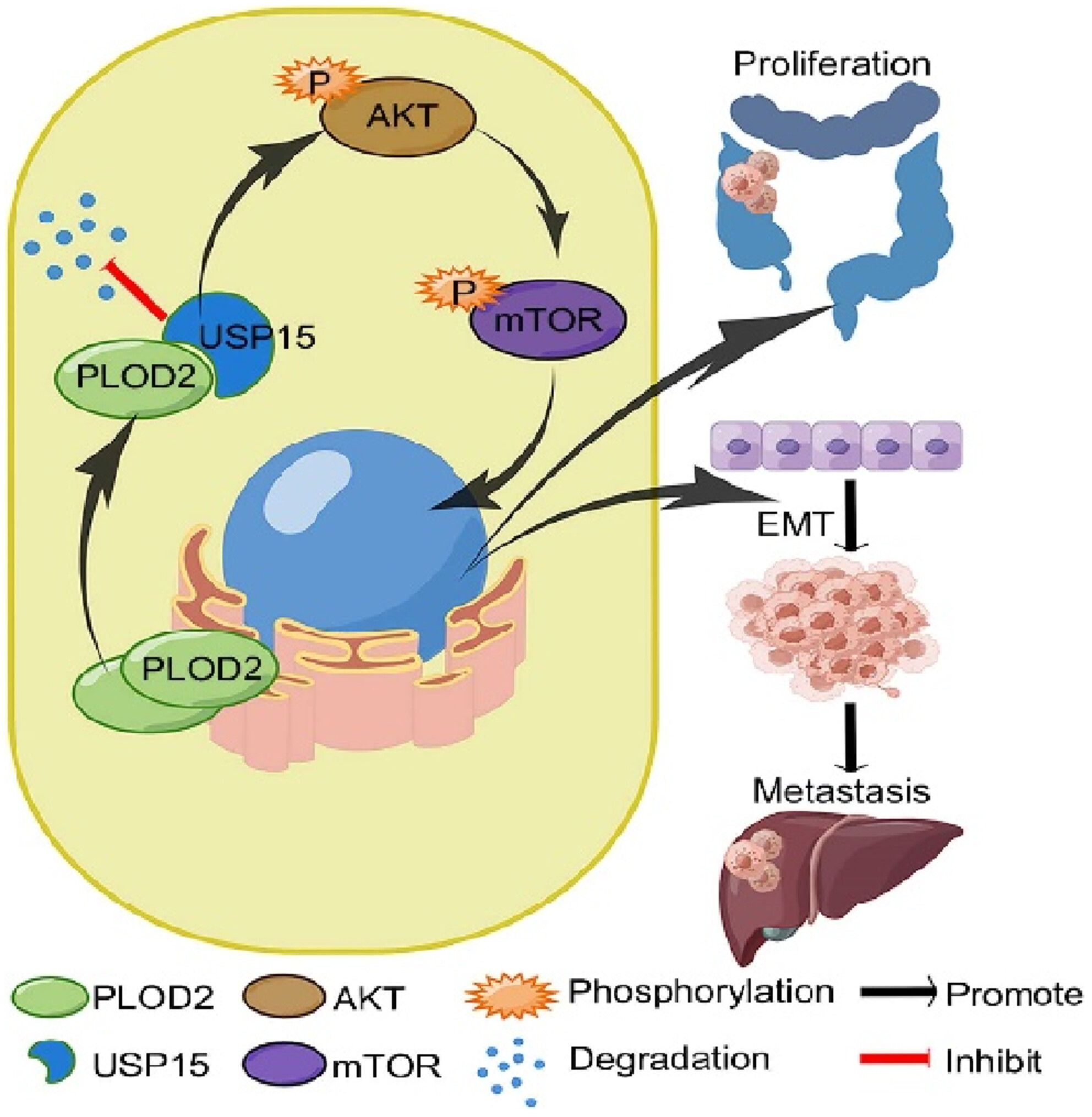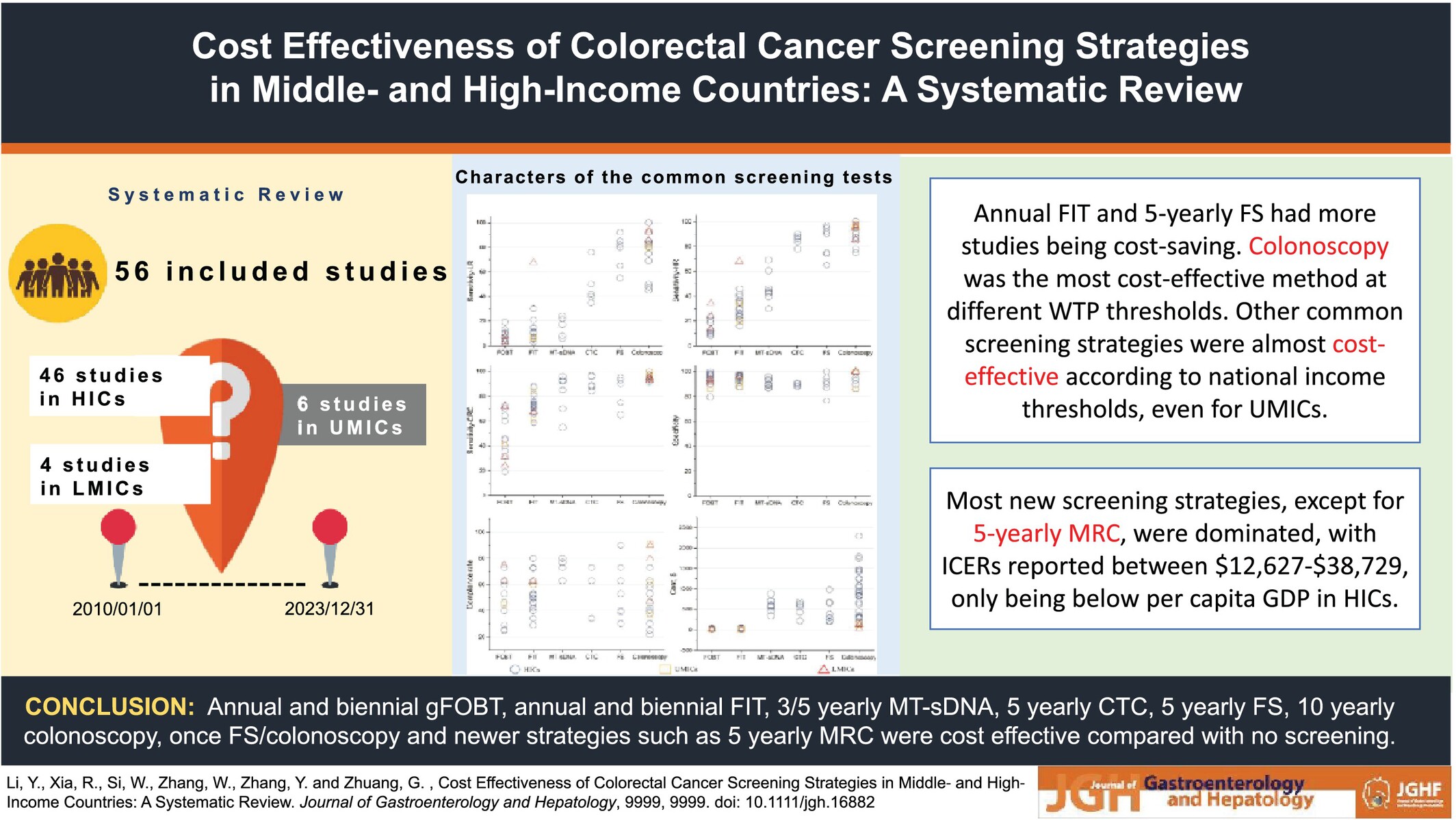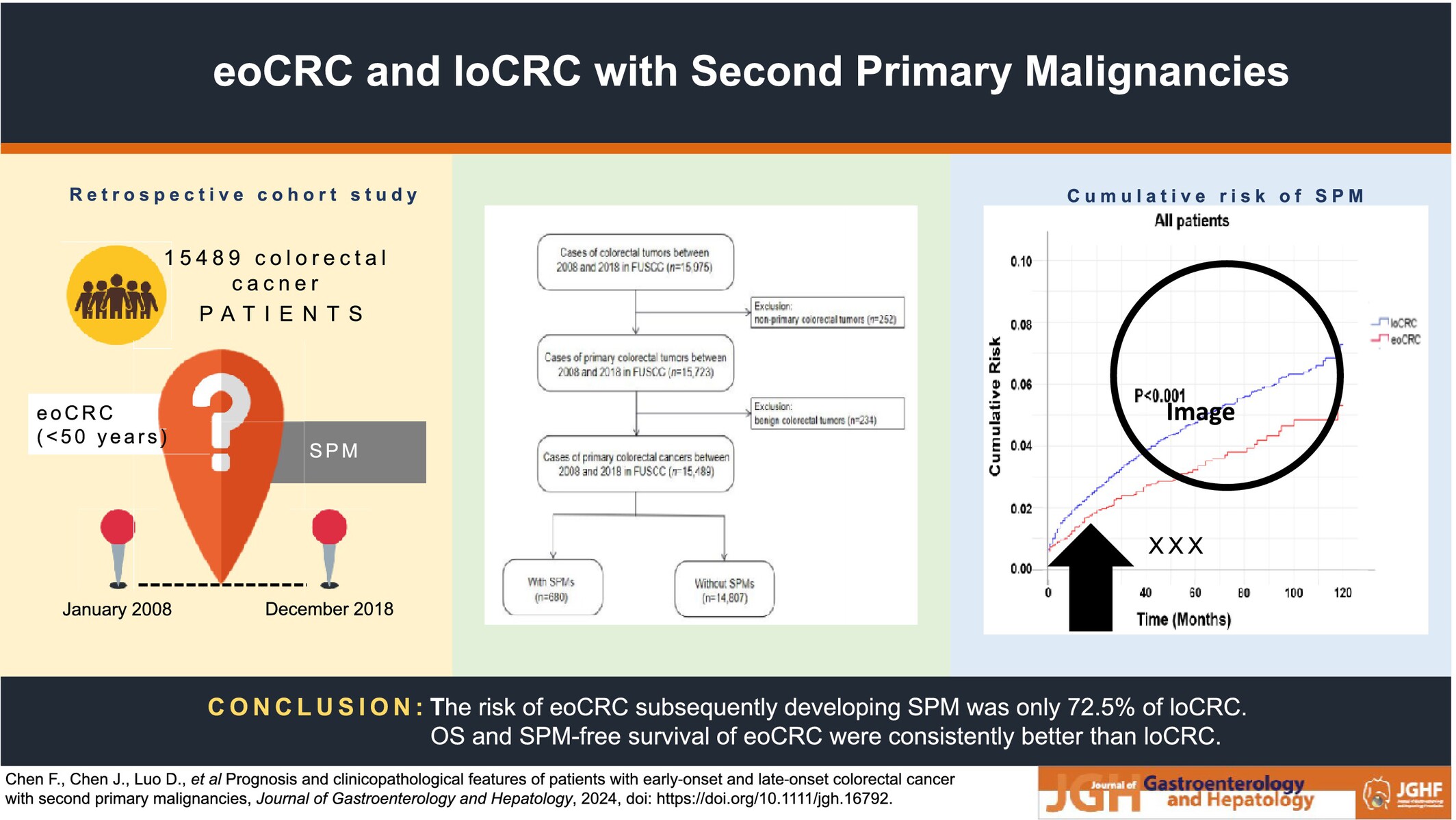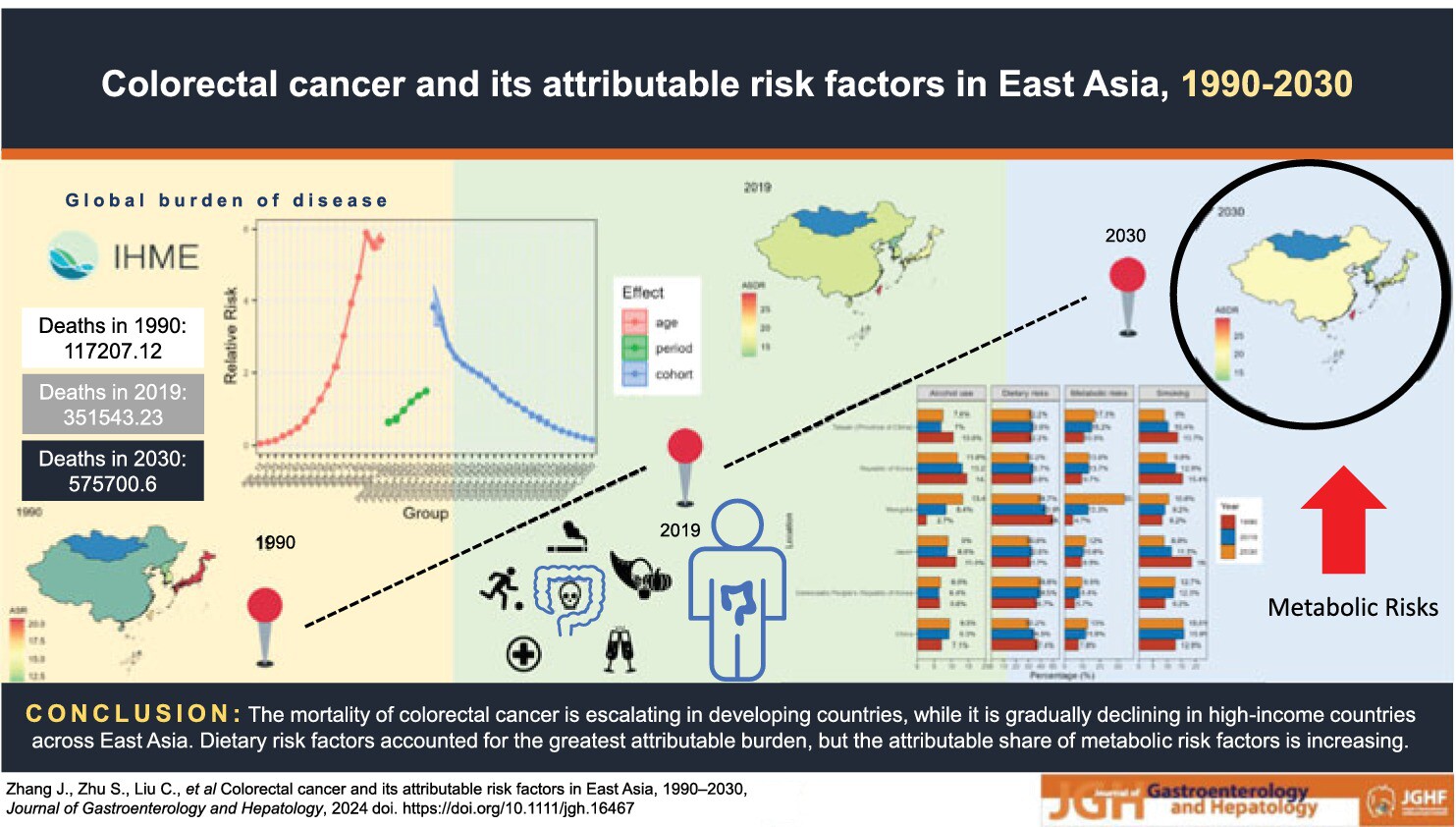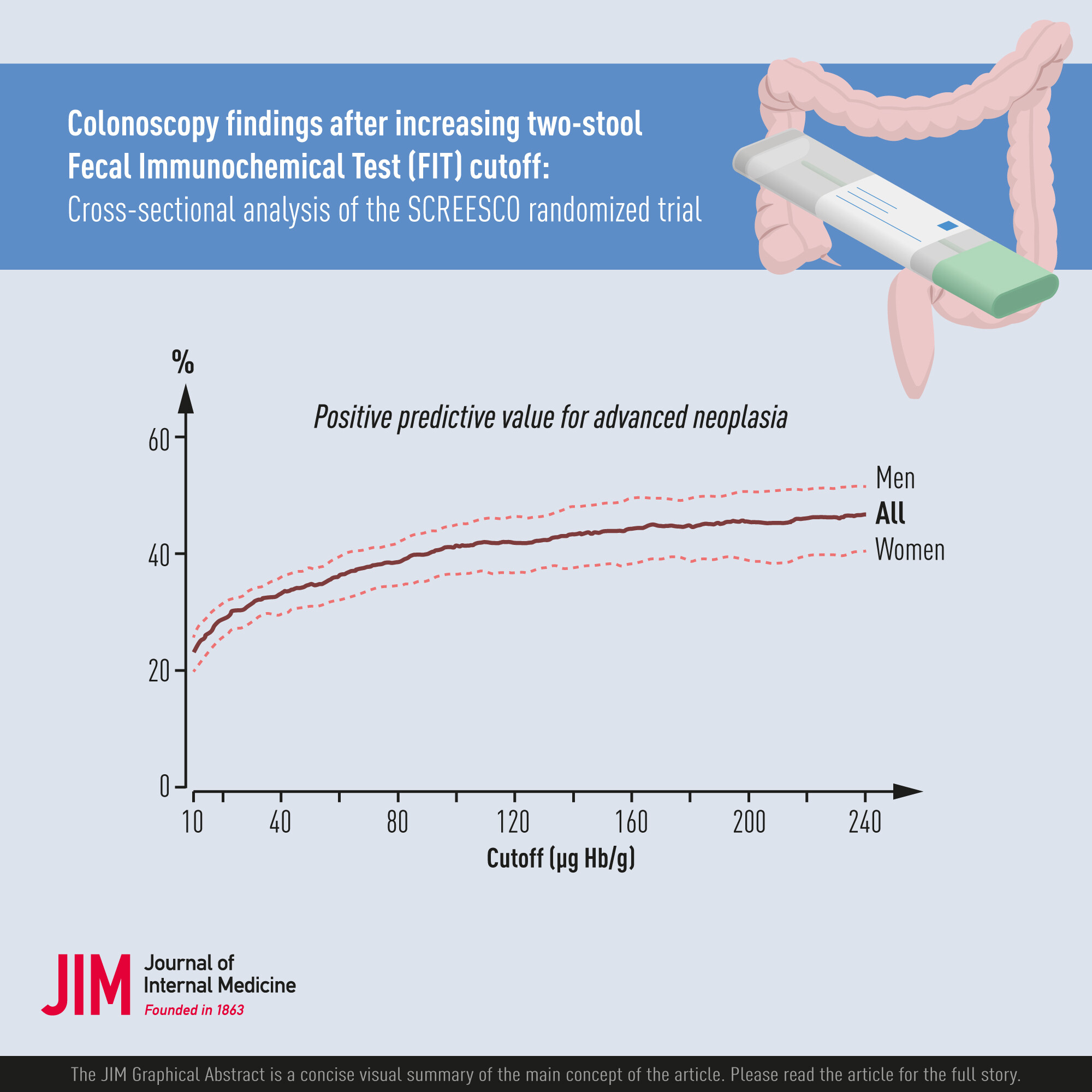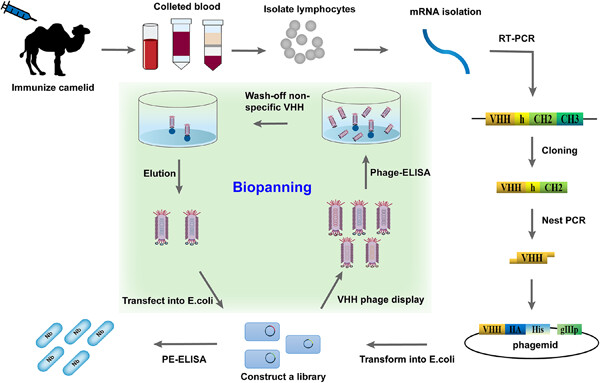Wiley Colorectal Cancer Awareness Collection
Journal list menu
Colorectal cancer is the second most common cause of cancer death in the United States, according to the American Cancer Society's 2023 colorectal cancer statistics report published in CA: A Cancer Journal for Clinicians. Discover the latest colorectal cancer research in this special collection from the Wiley Oncology portfolio, including articles from the American Cancer Society Journals, International Journal of Cancer, Psycho-Oncology, Cancer Medicine, and more.

Annals of Gastroenterological Surgery
Essential updates 2022–2023: Surgical and adjuvant therapies for locally advanced colorectal cancer
- Annals of Gastroenterological Surgery
- First Published: 19 August 2024

Pivotal articles that had been published between 2022 and 2023 on surgical and perioperative adjuvant treatments for locally advanced colorectal cancer (CRC) were reviewed. This review focuses on new evidence in the following areas: optimization of surgical procedures for colon cancer, minimally invasive surgery for rectal cancer, neoadjuvant treatments for colorectal cancer, and postoperative adjuvant chemotherapy for Stage II and III colon cancer.
Impact of perioperative prognostic nutritional index changes on the survival of patients with stage II/III colorectal cancer
- Annals of Gastroenterological Surgery
- First Published: 30 May 2024
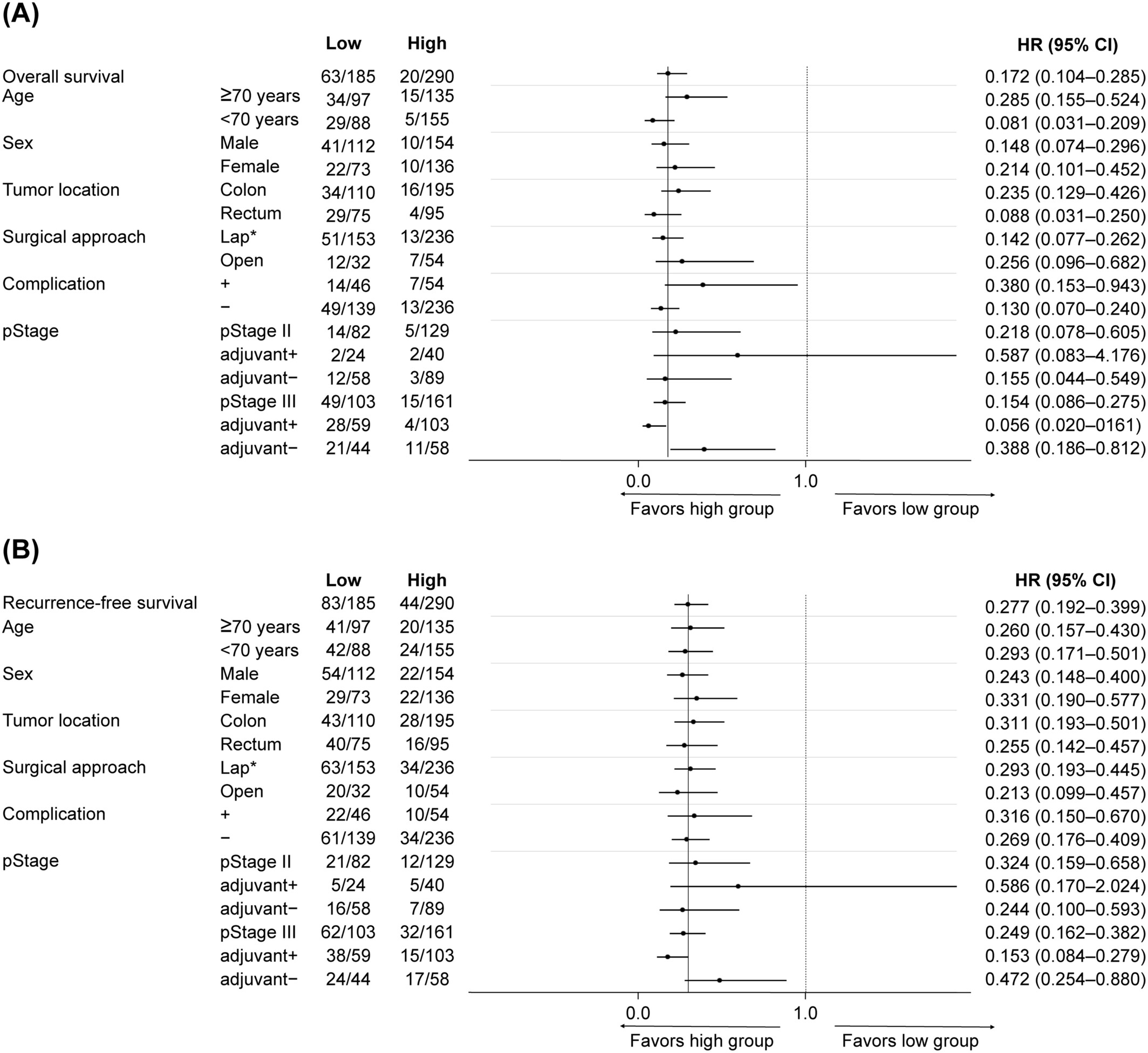
Patients with pStage II/III colorectal cancer who undergo curative resection and demonstrate lower postoperative prognostic nutritional index (PNI) levels compared to preoperative PNI levels have poorer overall survival and recurrence-free survival. Therefore, perioperative PNI changes can serve as useful biomarkers for predicting survival and recurrence in these patients.
Incidence, mortality, survival, and treatment statistics of cancers in digestive organs—Japanese cancer statistics 2024
- Annals of Gastroenterological Surgery
- First Published: 17 June 2024
Tumor deposits in colorectal cancer: Refining their definition in the TNM system
- Annals of Gastroenterological Surgery
- First Published: 12 January 2023
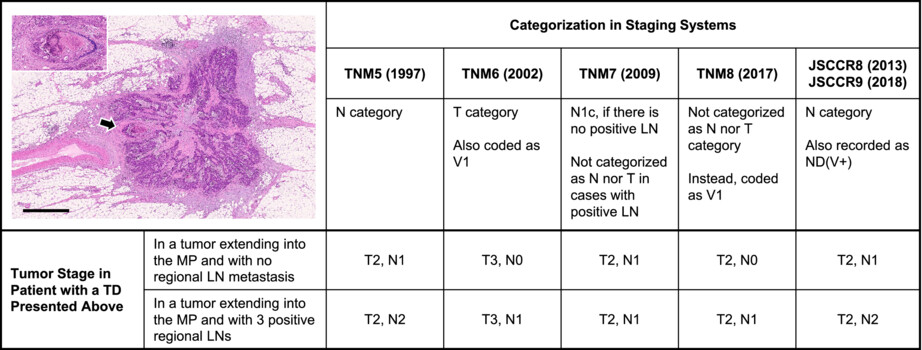
This article reviewed a history of repeated revisions on tumor deposit (TD) definition and categorization in the tumor-node-metastasis (TNM) system, which may have failed to maximize the value of the TNM system because of the underused prognostic information of individual TDs. Recently, the potential value of an alternative staging method has been highlighted in several studies using the “counting method,” in which all nodular type TDs are individually counted together with positive LNs to derive the final pN. The treatment of TDs should be determined in terms of how it will maximize the prognostic value of TNM classification and its reproducibility, and it is time to initiate an international discussion on optimal treatment of TDs in tumor staging; otherwise, a proportion of patients end up missing an opportunity to receive the optimal adjuvant treatment.
Locoregional treatment for colorectal liver metastases aiming for precision medicine
- Annals of Gastroenterological Surgery
- First Published: 18 May 2023
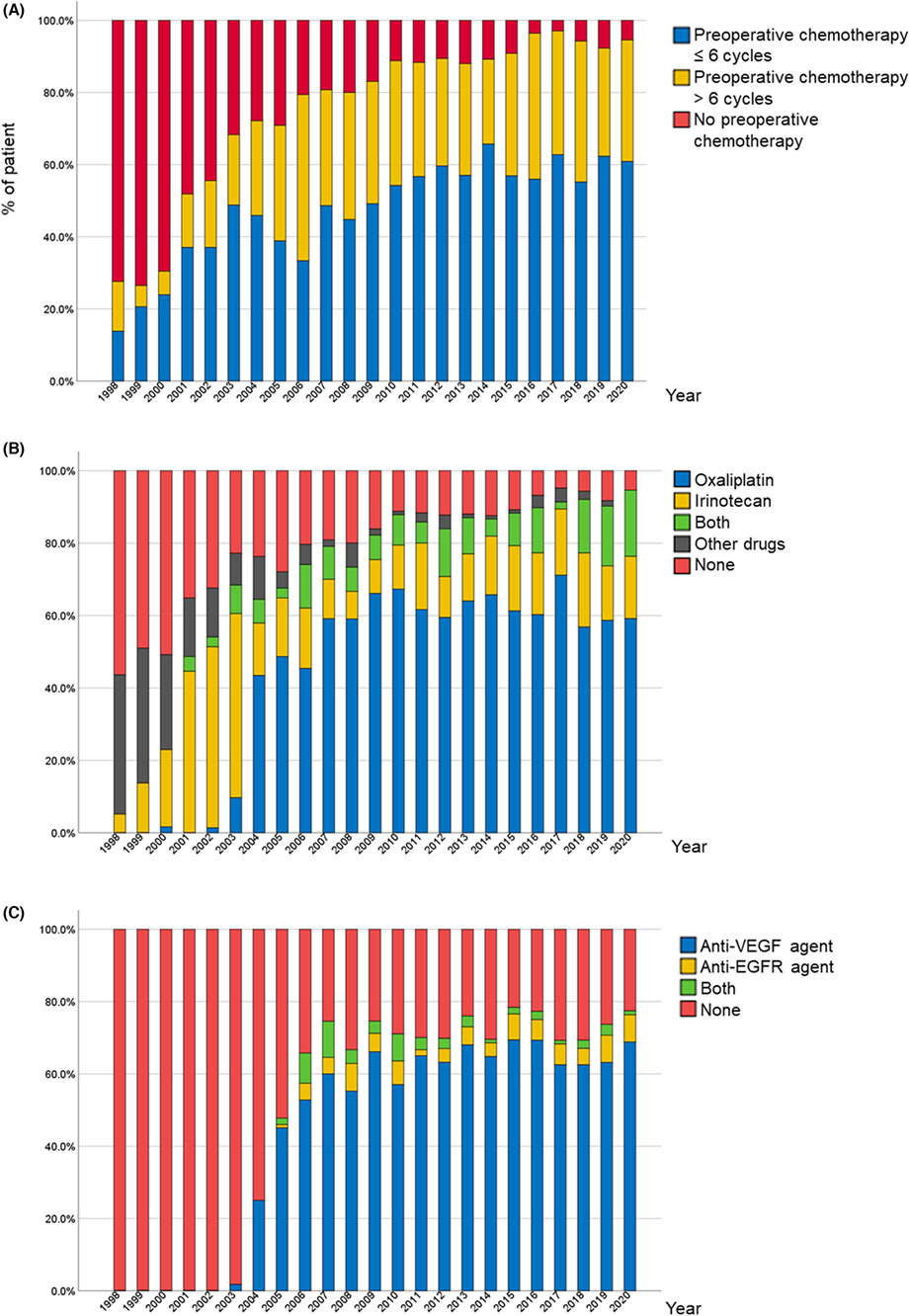
This review article covers four topics that are important for surgeons to consider as they individualize multidisciplinary treatment for patients with colorectal liver metastases: parenchymal-sparing hepatectomy and/or ablation; two-stage hepatectomy; somatic gene alterations and canonical pathways; and posttreatment surveillance. The knowledge of tumor biology can alter treatment intensity, accurately predict patient prognosis, and help to determine whether extensive or repeated resection is justified. Also, the surveillance algorithm can be personalized according to tumor biology.
ANZ Journal of Surgery
Pancreatic resection for metachronous colorectal cancer metastases: a case series multicenter study
- ANZ Journal of Surgery
- First Published: 20 February 2025
Challenges around diagnosis of early onset colorectal cancer, and the case for screening
- ANZ Journal of Surgery
- First Published: 29 August 2024
National screening for colorectal cancer is associated with stage shift to earlier diagnosis
- ANZ Journal of Surgery
- First Published: 30 March 2024
Asia Pacific Journal of Clinical Oncology
Expert consensus on the optimal management of BRAFV600E-mutant metastatic colorectal cancer in the Asia-Pacific region
- Asia-Pacific Journal of Clinical Oncology
- First Published: 25 October 2024
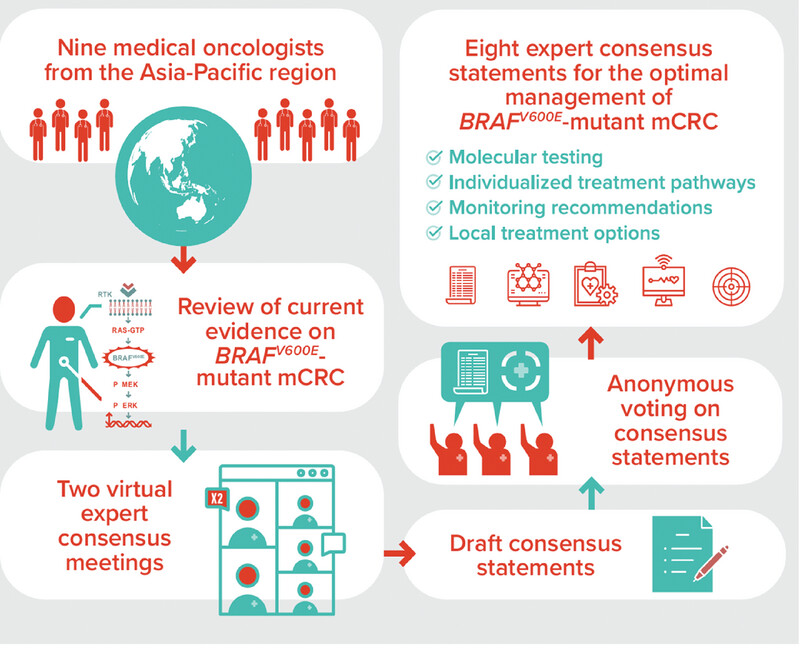
An Asia-Pacific expert consensus panel developed eight evidence-based recommendations for the optimal management of BRAFV600E-mutant metastatic colorectal cancer (mCRC). We recommend molecular testing to guide individualized therapy, propose treatment pathways according to microsatellite stability status, advocate for more frequent monitoring of BRAFV600E-mutant mCRC, and discuss local treatment for oligometastatic disease.
Risk factors, histopathological landscape, biomarkers, treatment patterns and survival of early-onset colorectal cancer: A narrative review
- Asia-Pacific Journal of Clinical Oncology
- First Published: 22 May 2024
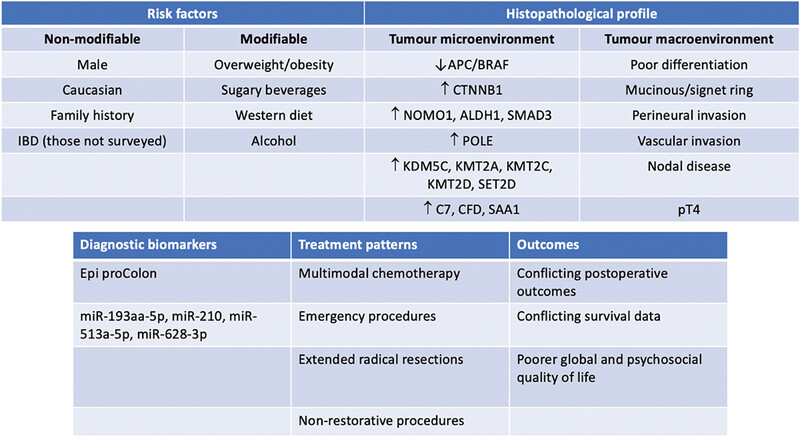
We present a narrative review of the risk factors, histopathological profile, diagnostic biomarkers, treatment patterns, and survival of early-onset colorectal cancer patients. This review highlights the need for future research into immunotherapies, minimally invasive diagnostic biomarkers, and the survival and functional outcomes of early-onset colorectal cancer.
The management of clinically suspicious para-aortic lymph node metastasis in colorectal cancer: A systematic review
- Asia-Pacific Journal of Clinical Oncology
- First Published: 19 January 2023
CA: A Cancer Journal for Clincians
Colorectal cancer statistics, 2023
- CA: A Cancer Journal for Clinicians
- First Published: 01 March 2023
Proportion and number of cancer cases and deaths attributable to potentially modifiable risk factors in the United States, 2019
- CA: A Cancer Journal for Clinicians
- First Published: 11 July 2024
Global cancer statistics 2022: GLOBOCAN estimates of incidence and mortality worldwide for 36 cancers in 185 countries
- CA: A Cancer Journal for Clinicians
- First Published: 04 April 2024
Cancer
A pragmatic randomized trial of mailed fecal immunochemical testing to increase colorectal cancer screening among low-income and minoritized populations
- Cancer
- First Published: 25 May 2024
The results of this pragmatic randomized controlled trial conducted in three community health center systems show that among 26,736 randomized patients, a regional mailed fecal immunochemical test intervention conducted during the coronavirus disease 2019 pandemic was effective for increasing colorectal cancer screening. Effectiveness was shown across multiple demographic groups, including Hispanic/Latino and Asian populations, as well as Spanish-speaking individuals.
The association of physical activity with survival in colon cancer versus a matched general population: Data from Cancer and Leukemia Group B 89803 and 80702 (Alliance)
- Cancer
- First Published: 24 February 2025
Among patients with stage III colon cancer enrolled in trials of postoperative treatments, participation in physical activity attenuated the survival disparity between colon cancer patients and a matched general population. Select colon cancer survivors who are physically active may achieve long-term survival that approximates a matched general population.
Association of health insurance coverage disruptions and breast and colorectal cancer screening
- Cancer
- First Published: 01 October 2024
Health insurance coverage disruptions were associated with lower past-year and guideline-concordant breast and colorectal cancer screening. Findings underscore the importance of stable health insurance coverage to improve cancer screening and early detection when treatment is most effective.
Post-diagnostic multivitamin supplement use and colorectal cancer survival: A prospective cohort study
- Cancer
- First Published: 06 February 2024
In this prospective study of 2424 patients with stage I–III colorectal cancer (CRC), the authors observed a curvilinear relationship in the use of multivitamin supplements: compared to non-users, users at a dose of 3–9 tablets/week had a lower risk of CRC-specific and all-cause mortality, whereas users at a dose higher than 10 tablets/week had a higher CRC-specific mortality.
Associations of serum trimethylamine N-oxide and its precursors with colorectal cancer risk in the Prostate, Lung, Colorectal, Ovarian Cancer Screening Trial Cohort
- Cancer
- First Published: 29 January 2024
In a prospective study among men and women in the United States, we measured circulating trimethylamine N-oxide (TMAO), choline, betaine, and L-carnitine and found that TMAO and choline were positively associated with distal colon cancers. Our findings support future studies into underlying mechanisms and potential TMAO-targeted interventions to mitigate colorectal cancer risk.
Longitudinal adherence to annual colorectal cancer screening among Black persons living in the United States enrolled in a community-based randomized trial
- Cancer
- First Published: 27 December 2023
Findings indicate that adherence to repeat colorectal cancer screening was suboptimal, with only approximately 37% of study participants completing all three annual fecal immunochemical test screenings, and 22% completing two of three. Full adherence to screening was associated with higher levels of self-efficacy and higher educational attainment.
Cancer Communications
Bifidobacterium adolescentis orchestrates CD143+ cancer-associated fibroblasts to suppress colorectal tumorigenesis by Wnt signaling-regulated GAS1
- Cancer Communications
- First Published: 02 August 2023
Combining radiation and the ATR inhibitor berzosertib activates STING signaling and enhances immunotherapy via inhibiting SHP1 function in colorectal cancer
- Cancer Communications
- First Published: 28 February 2023
Cancer Innovation
Large cell neuroendocrine carcinoma transformation: A novel acquired drug resistance mechanism in colorectal adenocarcinoma
- Cancer Innovation
- First Published: 20 March 2023
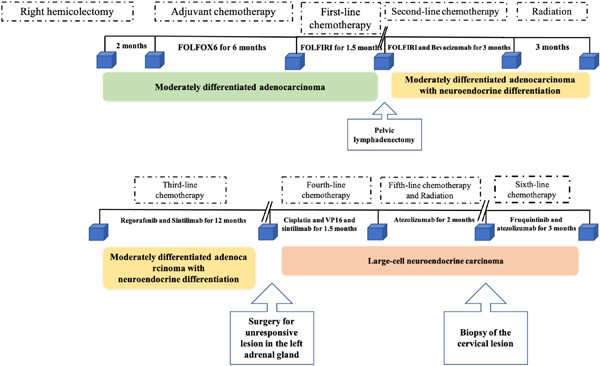
The case reported the histologic transformation from colon adenocarcinoma into large cell neuroendocrine carcinoma (LCNEC) after treatment. Notably, this case suggests that the phenotypic transformation into LCNEC might represent a novel mechanism of acquired resistance to antiangiogenesis and ICIs combination in metastatic colorectal cancer.
Targeting colorectal cancer using dietary flavonols
- Cancer Innovation
- First Published: 28 November 2023

Flavonols are one of the most widespread dietary nutrients of the polyphenols-flavonoids and major constituent of Allium and Brassicaceae vegetables. Flavonols present in vegetables of Allium and Brassicaceae family are kaempferol, myricetin, quercetin, and isorhamnetin. These flavonols are claimed to have antiproliferative activity in vivo and in vitro against colorectal cancer.
Cancer Medicine
Prognostic Features and Potential for Immune Therapy in Metastatic Mismatch Repair-Deficient Colorectal Cancer: A Retrospective Analysis of a Large Consecutive Population-Based Patient Series
- Cancer Medicine
- First Published: 09 January 2025
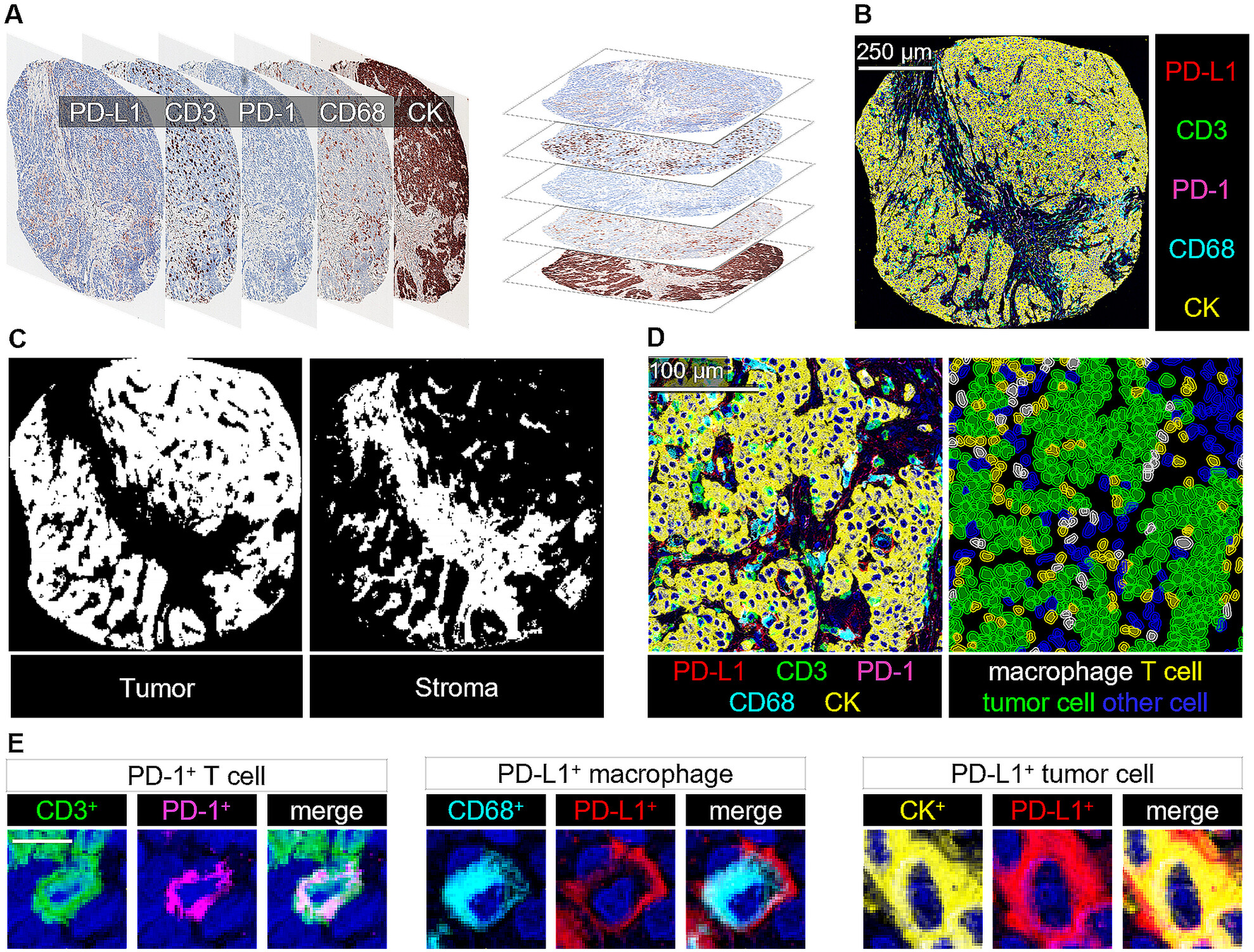
Mismatch repair–deficient colorectal cancer patients are generally older, with often significant comorbidities, and only a limited portion of patients with metastatic tumors underwent oncological treatments. Many of the metastatic tumors present features that may impair response to PD-1 blockade therapy. High proportions of necrosis and stroma were common in metastatic tumors and were associated with worse survival; however, high Crohn's-like reaction density, T-cell proximity score, and CD68+/PD-L1+ cell number in the tumor center and invasive margin were independent prognostic immune factors for improved survival.
The Economic Burden of Colorectal Cancer in Type 2 Diabetes Mellitus (T2DM) in Shanghai, China
- Cancer Medicine
- First Published: 21 February 2025
Genetic variants in primary cilia-related genes associated with the prognosis of first-line chemotherapy in colorectal cancer
- Cancer Medicine
- First Published: 09 February 2024
Recurrence-free survival dynamics following adjuvant chemotherapy for resected colorectal cancer: A systematic review of randomized controlled trials
- Cancer Medicine
- First Published: 08 January 2024
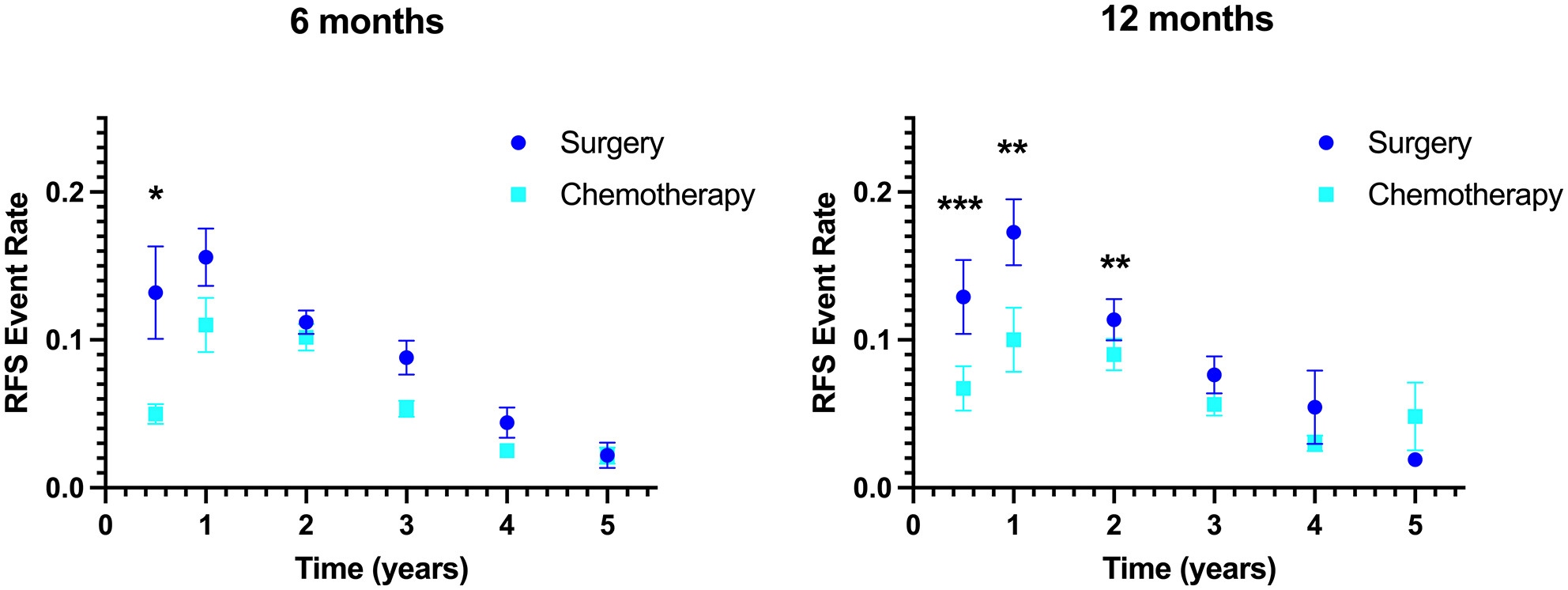
In order to evaluate the temporal recurrence dynamics of colorectal cancer, we conducted a systematic review of Phase III randomized controlled trials centered on Stage II–IV disease, finding that adjuvant cytotoxic chemotherapy improved early—but not remote—recurrence event rates over surgery-only controls. These results support the role of initially-dormant micrometastatic populations in disease relapse, and therefore the ongoing evaluation of cell-free DNA technologies to guide adjuvant treatment decisions and novel therapeutic strategies.
Cancer Reports
An Inflammation-Related lncRNA Signature for Prognostic Prediction in Colorectal Cancer
- Cancer Reports
- First Published: 05 December 2024
Effects of the enhanced recovery after surgery (ERAS) protocol on the postoperative stress state and short-term complications in elderly patients with colorectal cancer
- Cancer Reports
- First Published: 13 February 2024
Gastrointestinal perforation associated with bevacizumab in metastatic colorectal cancer
- Cancer Reports
- First Published: 22 January 2024
Sex-specific differences in colorectal cancer: A multicenter retrospective cohort study
- Cancer Reports
- First Published: 22 June 2023
Cancer Science
Identification of clinicopathological-specific driver gene and genetic subtyping of colorectal cancer
- Cancer Science
- First Published: 11 January 2025
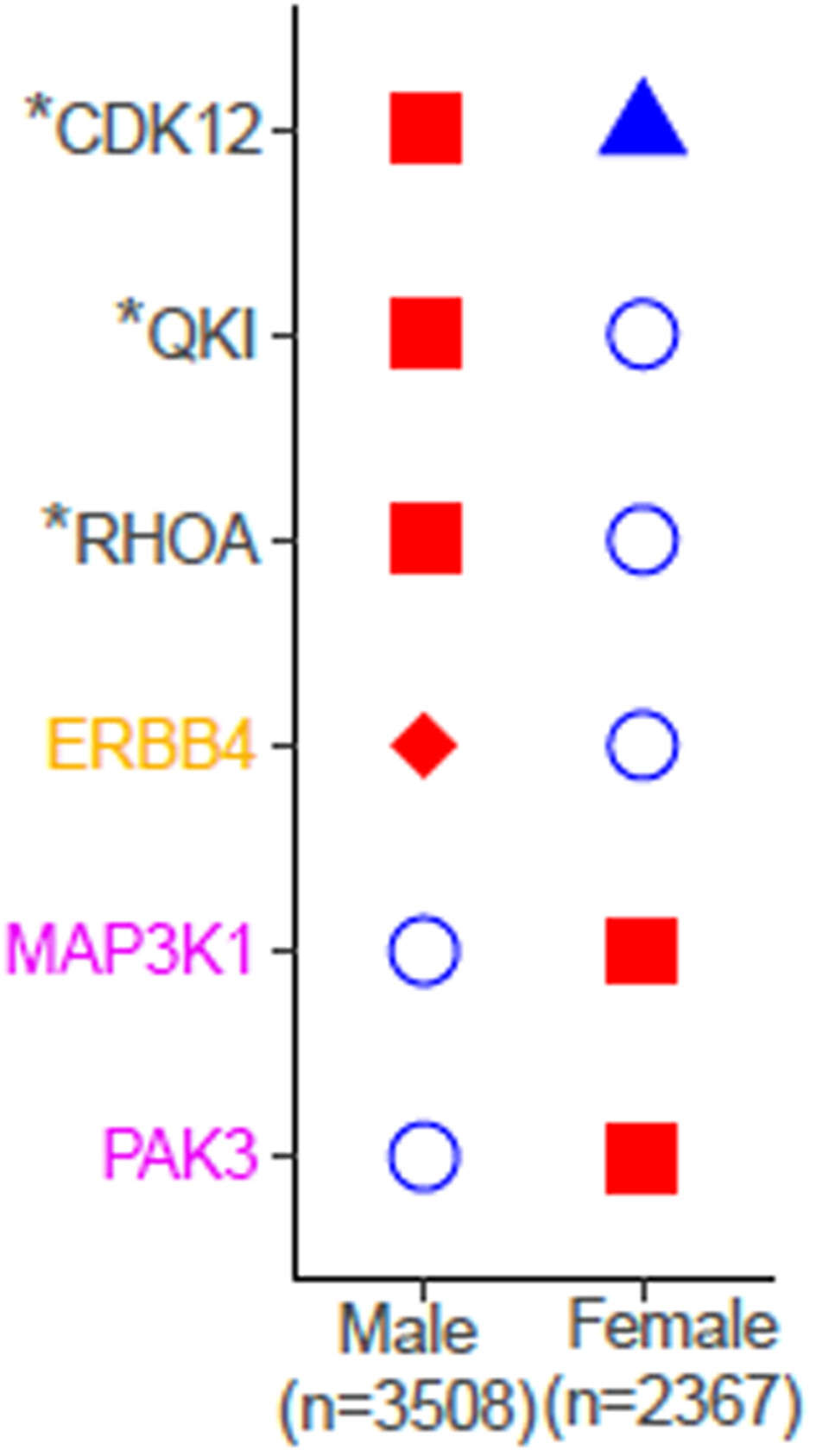
This study analyzed targeted sequencing of 6530 patients with metastatic Chinese colorectal cancer (CRC), identifying 36 novel driver genes with subgroup-specific implications, such as ERBB4 affecting only male CRC patient outcomes. Additionally, the study utilized network-based stratification to categorize microsatellite stable (MSS) and unstable (MSI) CRCs into distinct subtypes, revealing significant phenotypic and prognostic differences.
Mutation Analysis of TMB-High Colorectal Cancer: Insights Into Molecular Pathways and Clinical Implications
- Cancer Science
- First Published: 16 January 2025
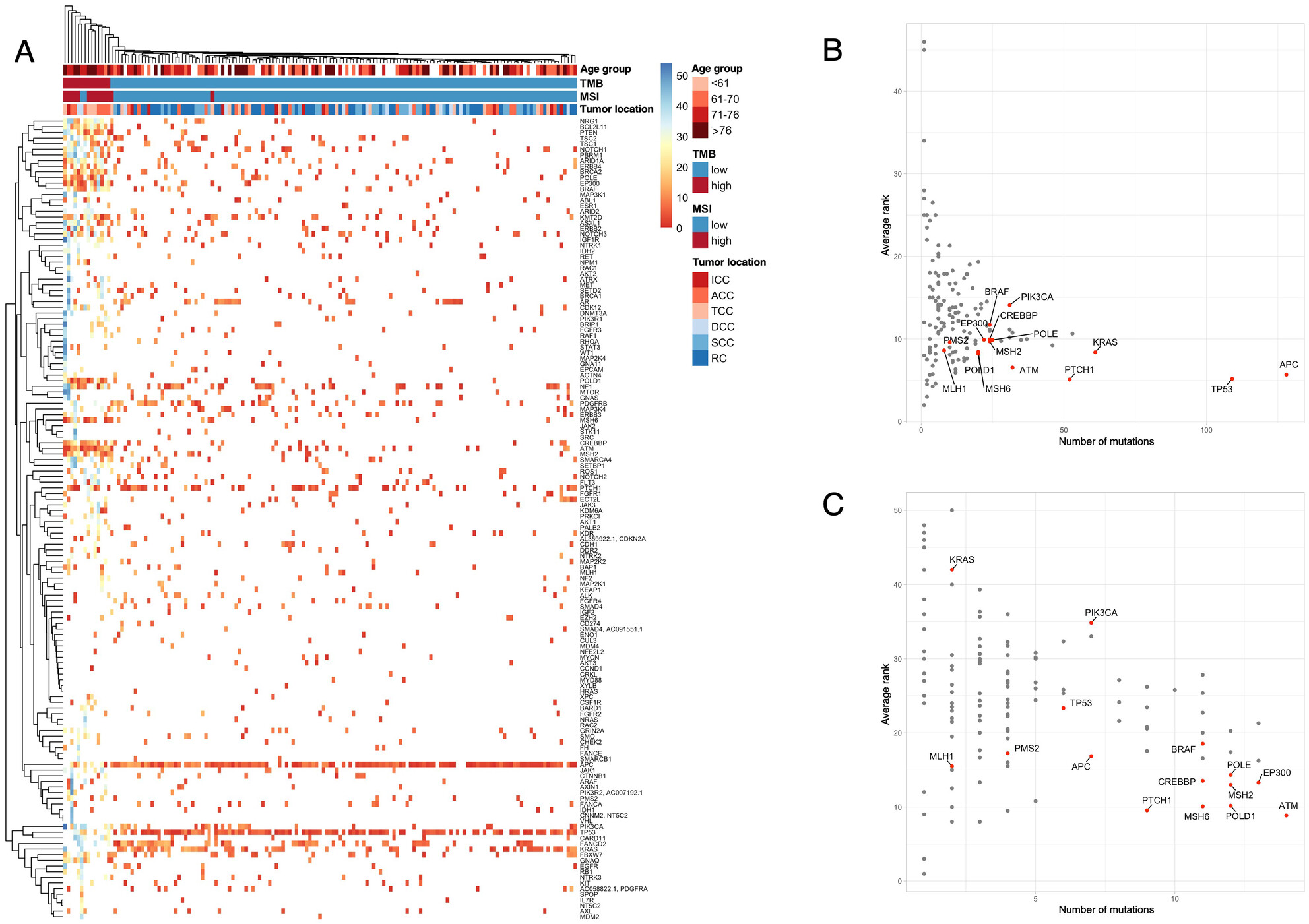
Colorectal cancer (CRC) tumors with high tumor mutation burden (TMB) often exhibit distinct molecular features, including lower KRAS and higher BRAF mutation frequencies, microsatellite instability (MSI), and a mutational signature linked to the CpG island methylator phenotype (CIMP). Analysis suggests that mutations in mismatch repair and DNA damage response genes may precede BRAF mutations, contributing to serrated pathway activation in these tumors.
Exploring the tumor microenvironment of colorectal cancer patients post renal transplantation by single-cell analysis
- Cancer Science
- First Published: 02 December 2024
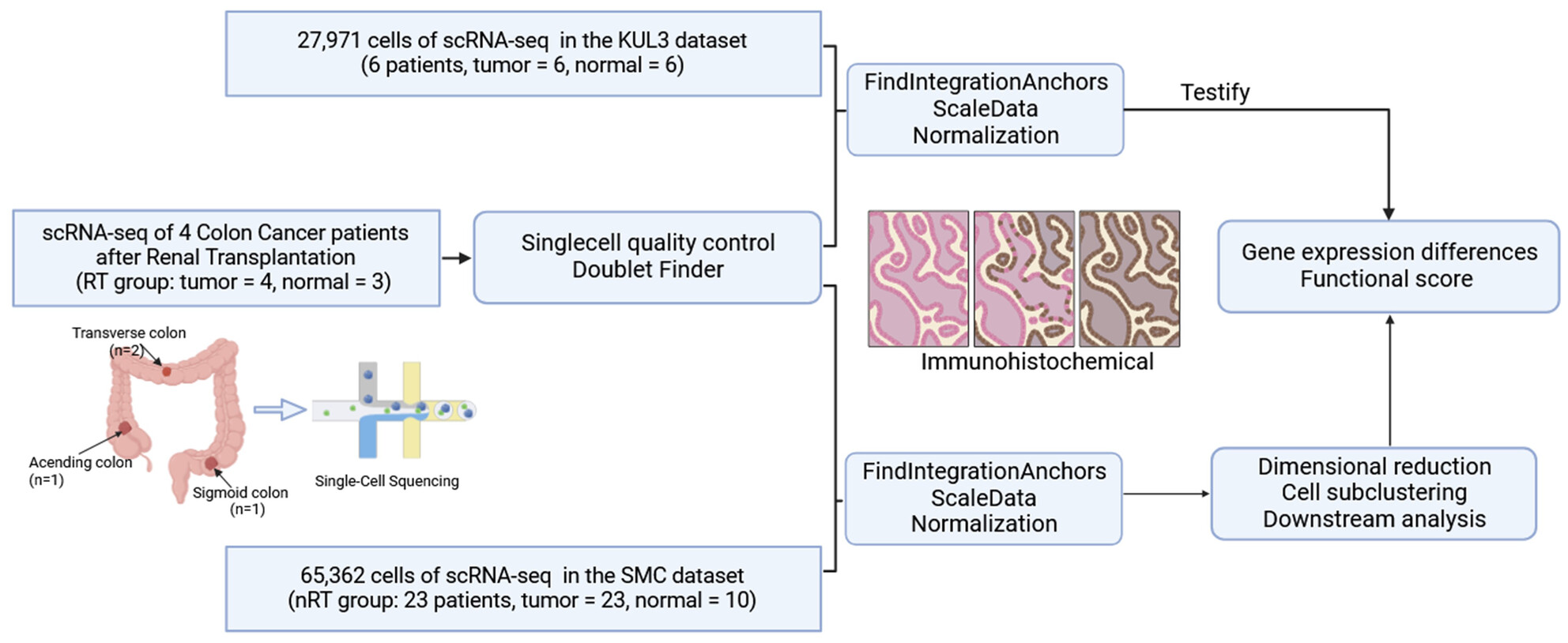
We characterized the functional states of T and B cells in colorectal cancer post-renal transplantation compared with non-transplant CRC. In CRC post renal transplantation, cytotoxic T cells exhibited significantly weakened tumor-killing capabilities while Tregs immunosuppressive potential enhanced. Elevated CTLA4 expression contributes to the maintenance of this suppressive state.
Genomic landscape and its prognostic significance in stage III colorectal cancer: JCOG1506A1, an ancillary of JCOG0910
- Cancer Science
- First Published: 15 May 2023
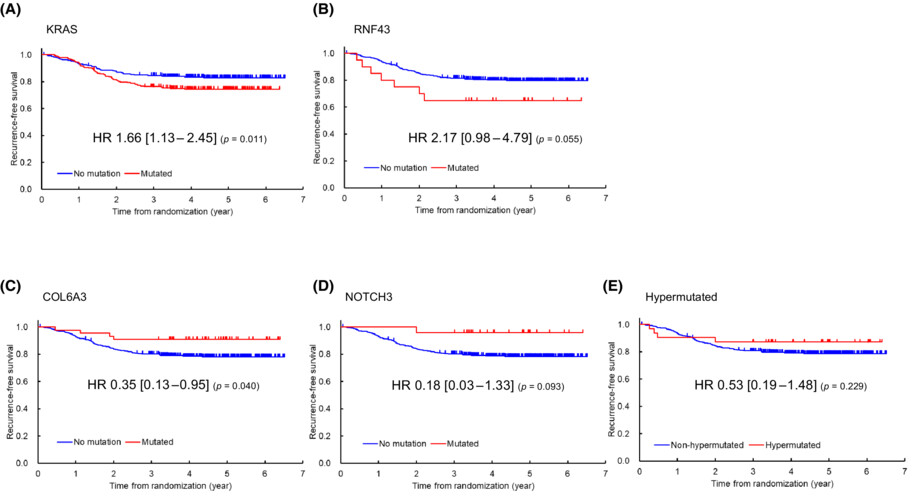
We demonstrated that the overall spectrum of mutations in our Japanese stage III colorectal cancer cohort (534 patients) was largely similar to that in Western populations, but the frequencies of mutation for TP53 (75.3%), SOX9 (11.8%), and FBXW7 (18.5%) were higher, and the proportion of hypermutated tumors (5.8%) was lower. We also revealed that poorer relapse-free survival was seen with mutant KRAS (hazard ratio 1.66; p = 0.011) and mutant RNF43 (2.17; p = 0.055) as well as hypermutated tumors (0.53; p = 0.229), whereas better relapse-free survival was seen with mutant COL6A3 (0.35; p = 0.040) and mutant NOTCH3 (0.18; p = 0.093), suggesting that tumor genomic profiling has the potential to support precision medicine for patients with colorectal cancer.
PLOD2 promotes colorectal cancer progression by stabilizing USP15 to activate the AKT/mTOR signaling pathway
- Cancer Science
- First Published: 25 May 2023
Chronic Diseases and Translational Medicine
Nut consumption and urogenital and genital, gastrointestinal and women-related cancers: Assessment and review
- Chronic Diseases and Translational Medicine
- First Published: 19 July 2023
Clinical Case Reports
A case of spinal metastasis with osteoblastic lesion: The risk of epidural extension and paralysis
- Clinical Case Reports
- First Published: 09 October 2024
Neoadjuvant immunotherapy leads to complete pathologic response in locally advanced colon cancer
- Clinical Case Reports
- First Published: 06 August 2024
Colorectal Disease
SF-CORNER (splenic flexure colorectal cancer): an international survey of operative approaches and outcomes for cancers of the splenic flexure
- Colorectal Disease
- First Published: 12 February 2024
The other colon cancer: a population-based cohort study of appendix tumour trends and prognosis
- Colorectal Disease
- First Published: 07 February 2023
DEN Open
Lymph node metastasis risk factors in T2 colorectal cancer
- DEN Open
- First Published: 29 November 2024
Treatment strategy and post-treatment management of colorectal neuroendocrine tumor
- DEN Open
- First Published: 12 June 2023
Digestive Endoscopy
International consensus on the management of large (≥20 mm) colorectal laterally spreading tumors: World Endoscopy Organization Delphi study
- Digestive Endoscopy
- First Published: 27 June 2024
Outcomes of noncurative endoscopic submucosal dissection for T1 colorectal cancer: Prospective, multicenter, cohort study in Japan
- Digestive Endoscopy
- First Published: 08 August 2024
European Journal of Cancer Care
Combining Gene Expression Data with GWAS Highlights the Causal Gene CCDC25 as a Biomarker for a Favorable Prognosis in Colorectal Cancer
- European Journal of Cancer Care
- First Published: 29 August 2024
Health and Social Care in the Community
Understanding Colorectal Cancer Screening Attendance: A Comprehensive Theory of Planned Behaviour Model
- Health & Social Care in the Community
- First Published: 09 December 2024
Histopathology
Pitfalls during histological assessment in locally resected pT1 colorectal cancer
- Histopathology
- First Published: 12 February 2025

This paper describes the most commonly encountered and clinically significant difficulties in the histological assessment of risk factors for regional lymph node metastases in locally resected early (i.e. pT1) colorectal cancer (CRC). These are illustrated using four examples that were received by our department during routine diagnostic practice.
Tumour deposits are associated with worse survival than extranodal extension; a network meta-analysis on tumour nodules in colorectal cancer
- Histopathology
- First Published: 28 August 2024
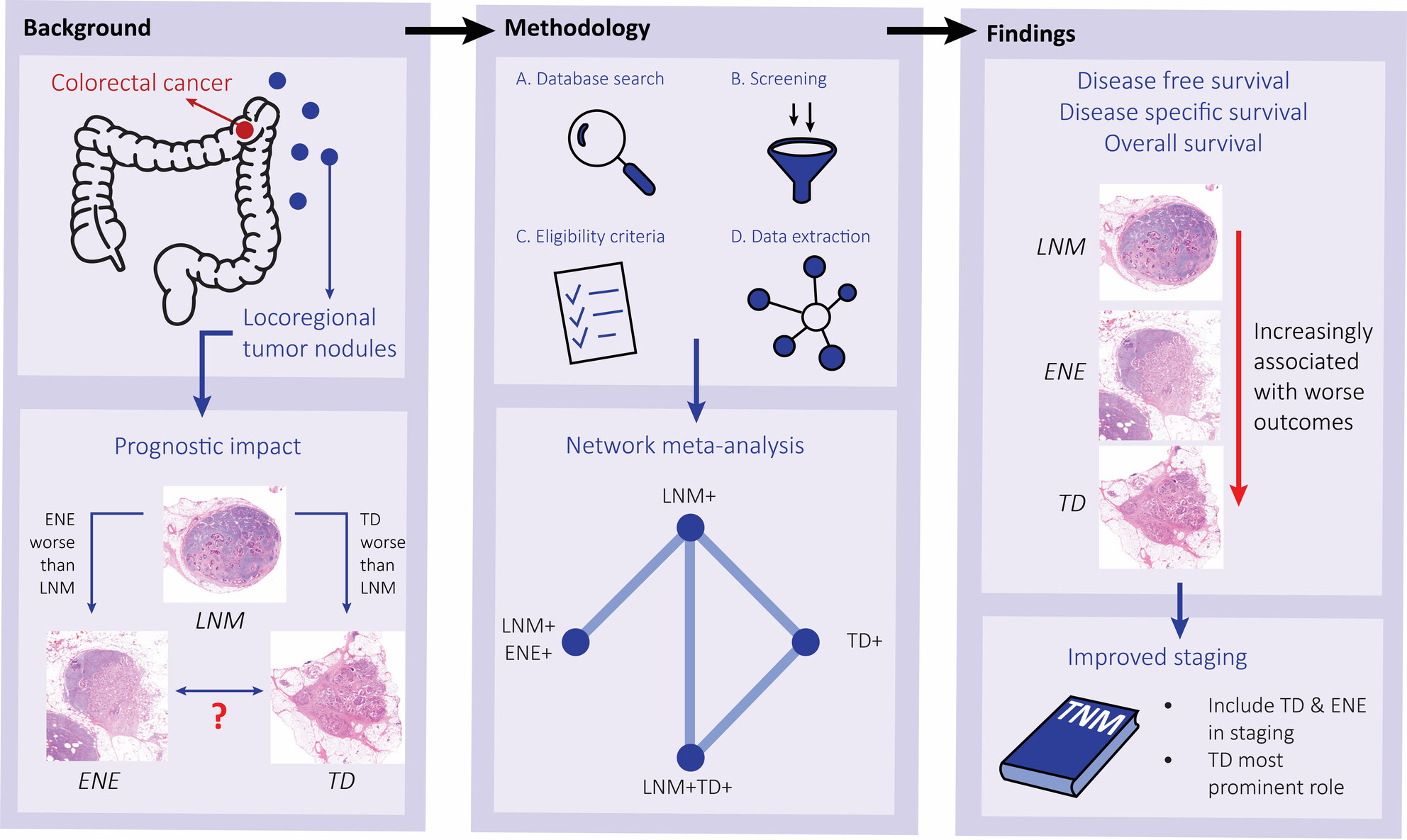
This systematic review compares LNM+, LNM + TD+ and LNM + ENE+ cases using network meta-analyses. As LNM+TD+ has a worse outcome than LNM +E NE+ and both groups perform worse than cases with LNM only, more emphasis on both ENE and TD in the TNM classification is needed, with the most prominent role for TD.
Impact of tissue sampling on detection of venous invasion in colorectal cancer: a prospective analysis
- Histopathology
- First Published: 14 August 2023

Protocols for the pathological examination of colorectal cancer specimens now recommend assessment of a number of microscopic findings that are associated with prognosis, including venous invasion. Here we prospectively identify an approach to gross dissection and sectioning of these cases to maximise sensitivity for detection of this important histological feature.
Trends in pathology diagnoses during 10 years of a colorectal cancer screening programme
- Histopathology
- First Published: 11 August 2023
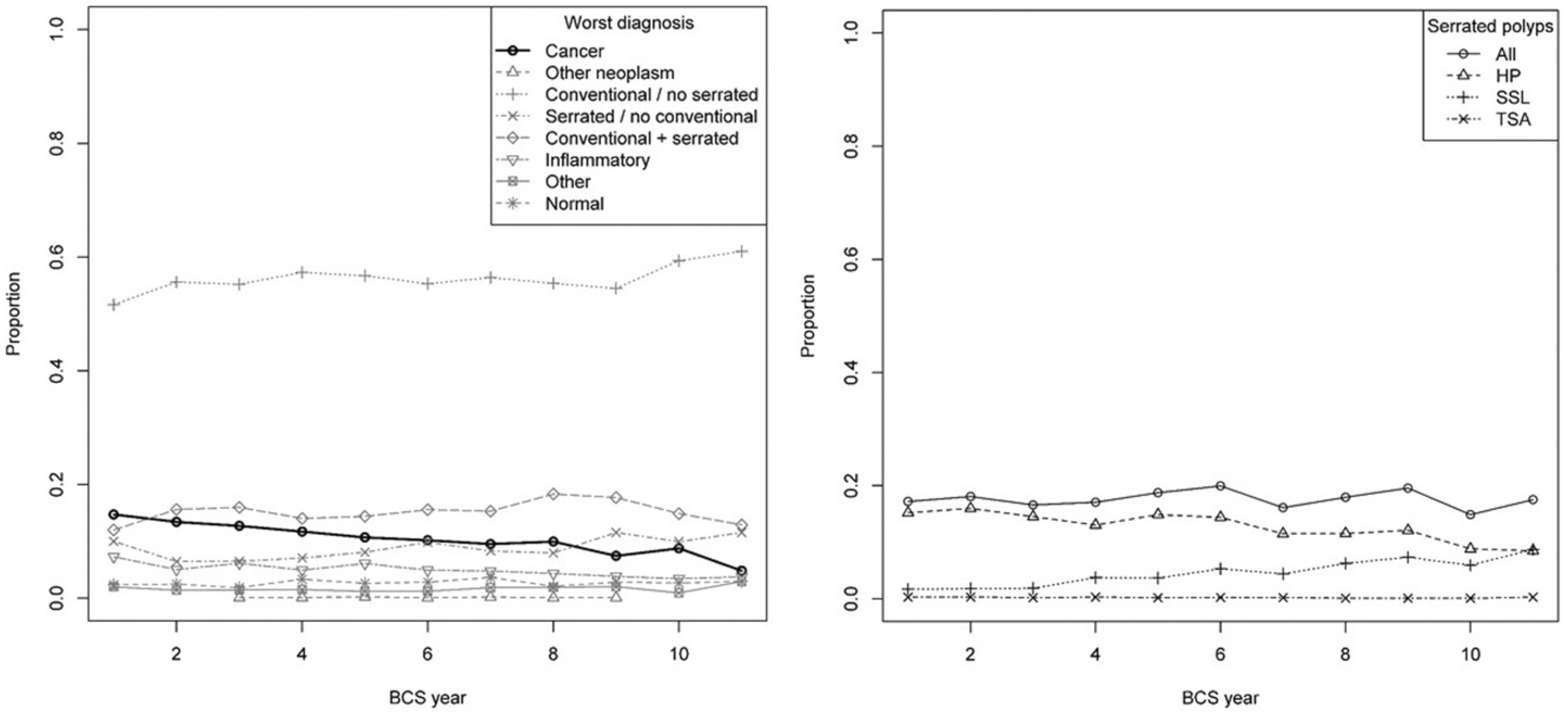
We report pathology findings from the first 10 years of the faecal-occult blood-based Northern Ireland Bowel Cancer Screening Programme. ‘Real world’ pathology data demonstrate programme success in the form of shift to early cancer stage and reduced endoscopic diagnoses of cancer and interesting trends with respect to serrated polyp diagnoses.
International Journal of Cancer
Trends in the incidence of colorectal cancer in sub-Saharan Africa: A population-based registry study
- International Journal of Cancer
- First Published: 03 April 2024
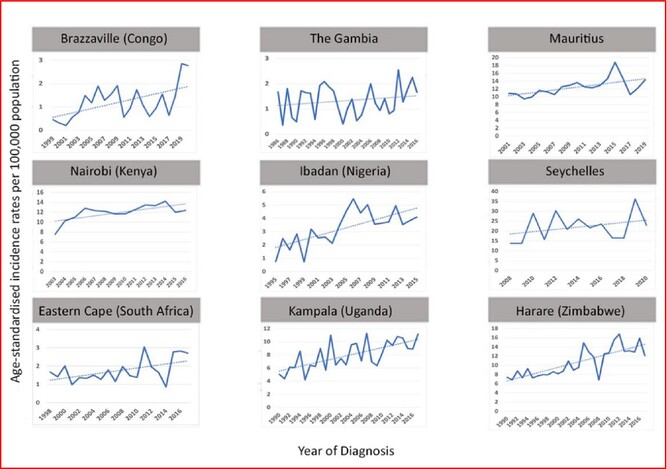
What's new?
The highest rates of colorectal cancer are in highly developed countries, but rates are on the rise in low- and middle-income countries. Here, the authors analyze trends in CRC incidence in sub-Saharan Africa. Using data from 12 population-based registries in 11 countries covering a period of at least 12 years, they found a steady rise in CRC across all regions, possibly due to wider adoption of a western lifestyle, including consumption of more meat, sugars, and alcohol. This highlights the need for prevention, early diagnosis, and management strategies in these regions.
Associations between low- and high-fat dairy intake and recurrence risk in people with stage I–III colorectal cancer differ by sex and primary tumour location
- International Journal of Cancer
- First Published: 03 May 2024
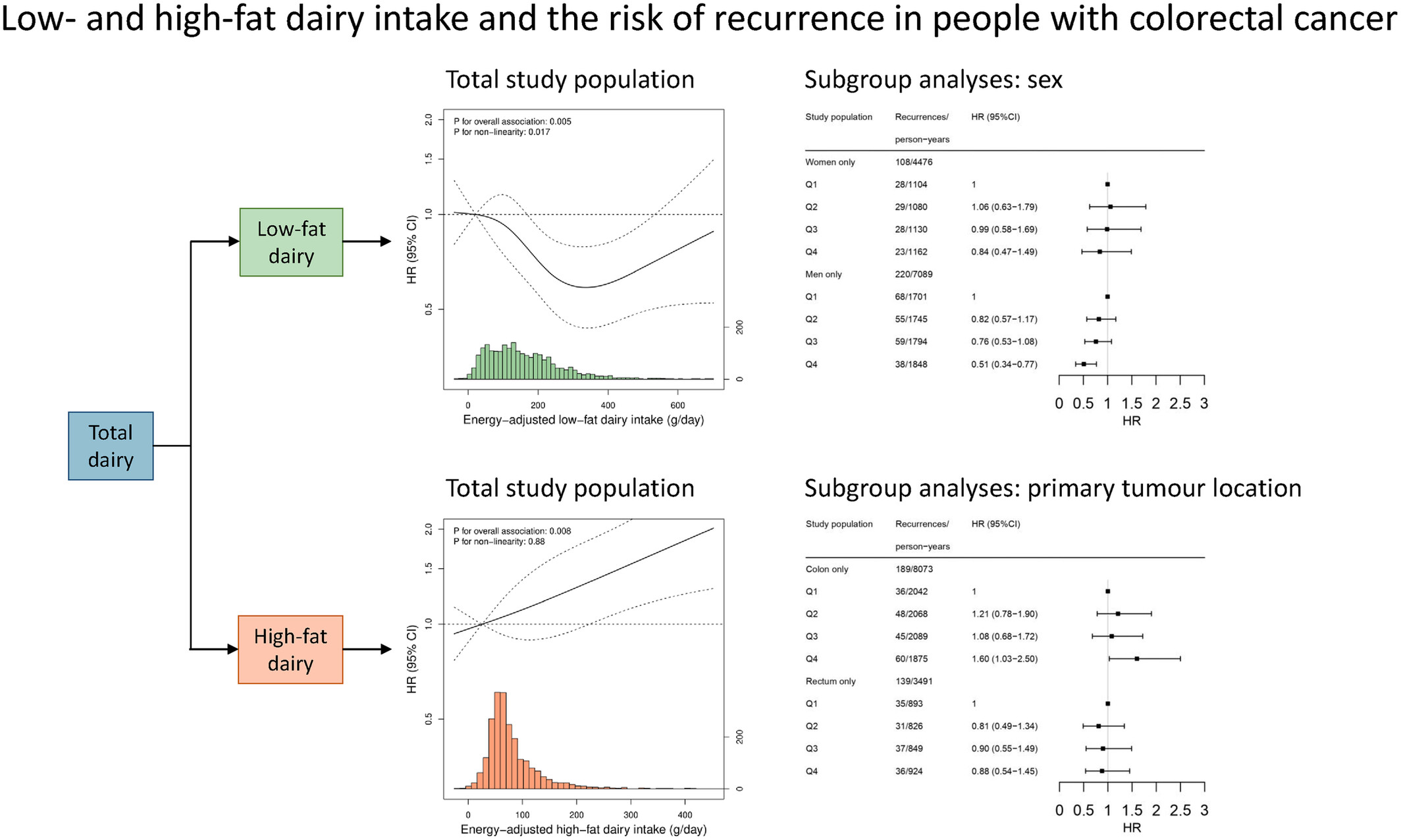
What's new?
There is strong evidence that dairy intake is associated with a reduced risk of developing colorectal cancer. However, its relation to the risk of colorectal cancer recurrence remains unclear. Combining data from two prospective cohort studies of patients with stage I–III colorectal cancer, this study found that a higher intake of low-fat dairy was associated with a reduced risk of recurrence in men, where as a higher intake of high-fat dairy was associated with an increased risk of recurrence in people with colon cancer. With a global transition towards more plant-based diets and increasing numbers of colorectal cancer survivors, the findings may contribute to more personalised dietary guidelines.
High-confidence calling of normal epithelial cells allows identification of a novel stem-like cell state in the colorectal cancer microenvironment
- International Journal of Cancer
- First Published: 19 July 2024
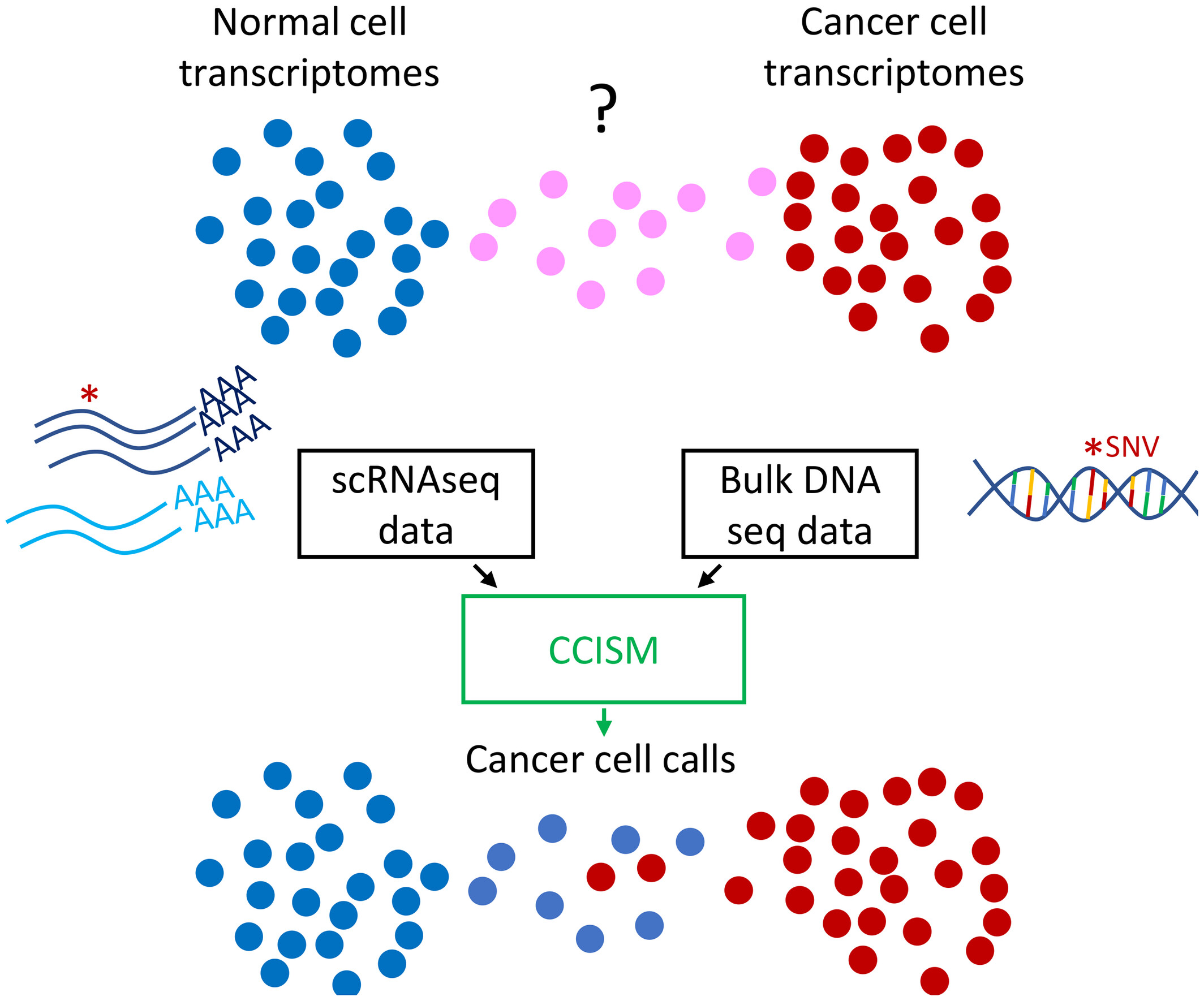
What's new?
Single-cell transcriptomics is a standard means of assessing cell heterogeneity and cell hierarchies in cancer tissues. However, single-cell datasets are complex and contain cancer and non-cancer lineage cells. Here, the authors compared different strategies to analyze gene expression and genomic information and retrace the origins of epithelial cell transcriptomes in colorectal cancer (CRC) cells. Haplotype-aware copy number inference combined with a novel method to assess somatic single nucleotide variants exhibited high accuracy in differentiating between cancerous and genetically normal cells found within cancer tissue. The findings offer a novel approach to account for biological and genetic features of CRC.
Comprehensive characterization of MCL-1 in patients with colorectal cancer: Expression, molecular profiles, and outcomes
- International Journal of Cancer
- First Published: 30 December 2024
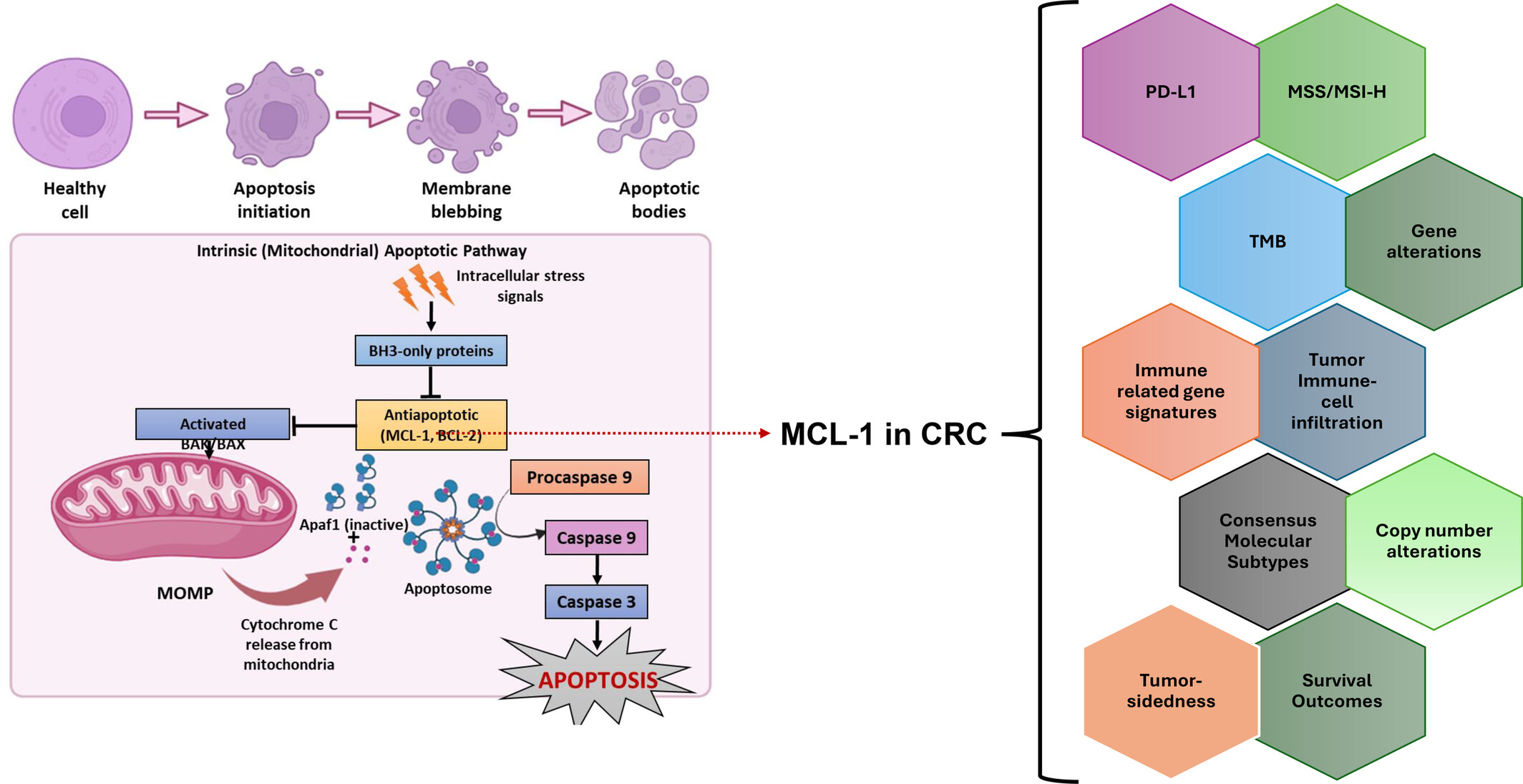
What's new?
MCL-1, an anti-apoptotic protein required for intestinal homeostasis, has been associated with chemoresistance in colorectal cancer. This study provides novel insights into the molecular profile and tumor microenvironment of colorectal cancer according to MCL-1 mRNA expression. High MCL-1 expression in colorectal cancer samples was associated with the upregulation of PD-L1, several immune-related genes, B cells, natural killer cells, T-reg cells, and M1 and M2 macrophages. High MCL-1 expression was linked to improved patient survival. The findings reveal a correlation between distinct immune biomarkers, tumor microenvironment cell infiltration, and MCL-1 in colorectal cancer and highlight MCL-1 as a potential biomarker.
Tumor-infiltrating gamma delta T-cells reveal exhausted subsets with remarkable heterogeneity in colorectal cancer
- International Journal of Cancer
- First Published: 02 August 2023
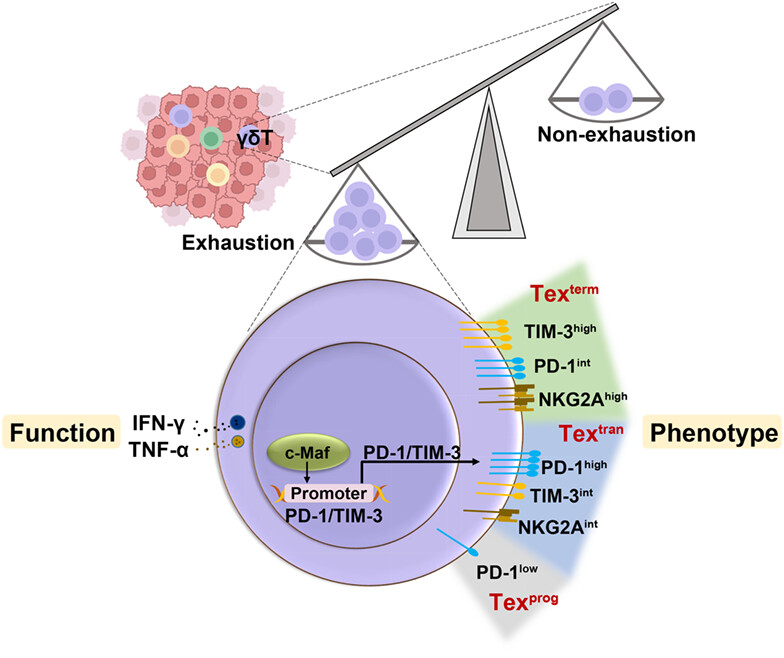
What's new?
Innate-like immune γδT-cells infiltrate into human tumors of colorectal cancer and widely participate in the antitumor immune response. However, the immune landscape and functional states of tumor-infiltrating γδT-cells in the colorectal cancer tumor microenvironment remain unclear. In our study, tumor-infiltrating γδT-cells exhibited exhaustion phenotypes and displayed more severe functional exhaustion than tumor-infiltrating CD8+T-cells or NK-cells in the tumor microenvironment of colorectal cancer. scRNA-seq analysis demonstrated that the tumor-infiltrating γδT-cell population was heterogeneous, and that exhausted cells were the dominant subset. Moreover, transcriptional factor c-Maf promoted tumor-infiltrating γδT-cells exhaustion via the upregulation of inhibitory receptors.
Circulating white blood cell traits and colorectal cancer risk: A Mendelian randomisation study
- International Journal of Cancer
- First Published: 14 August 2023
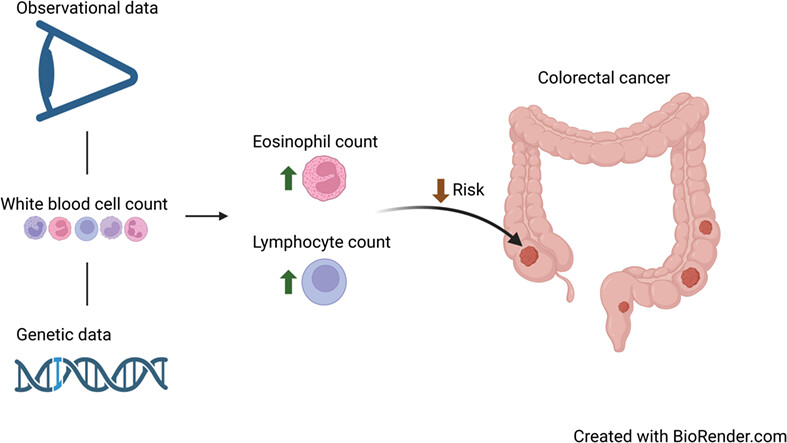
What's new?
Alterations to circulating white blood cell counts have been associated with colorectal cancer, but whether these changes have causal effects remains unexplored. Using multivariable Mendelian randomisation, the authors assessed the independent causal effects of white blood cell counts by cell subtype by adjusting for shared genetic architecture. In parallel, they ran the largest longitudinal cohort study to explore causal effects between white blood cell counts and colorectal cancer using UK Biobank data. The evidence suggests that elevated eosinophil and lymphocyte counts may have a protective effect against colorectal cancer, adding new insights into colorectal cancer pathogenesis.
Association between antibiotic use during early life and early-onset colorectal cancer risk overall and according to polygenic risk and FUT2 genotypes
- International Journal of Cancer
- First Published: 28 July 2023
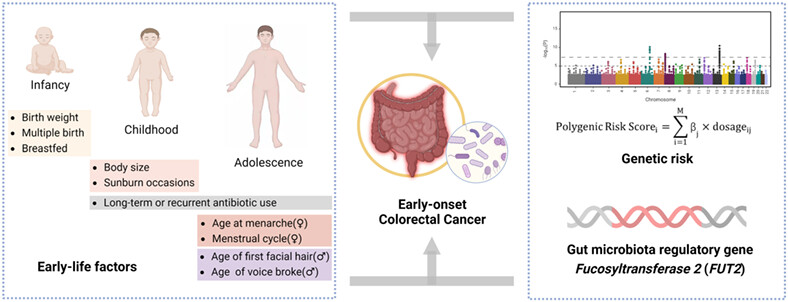
What's new?
Early-onset colorectal cancer is on the rise worldwide, possibly driven by exposure to risk factors in childhood. Long-term or recurrent use of antibiotics, for instance, could cause long-lasting changes in the gut microbiota that lead to cancer susceptibility. Here, the authors investigated the association between antibiotics use and cancer risk, both overall and according to certain genetic factors. They found that long-term or recurrent antibiotic use increased the risk of early-onset CRC and adenomas, with a stronger effect in people with a particular variant of the gut microbiota regulatory gene, Fucosyltransferase 2 (FUT2).
Incidence of late recurrence and second primary cancers 5–10 years after non-metastatic colorectal cancer
- International Journal of Cancer
- First Published: 07 February 2024
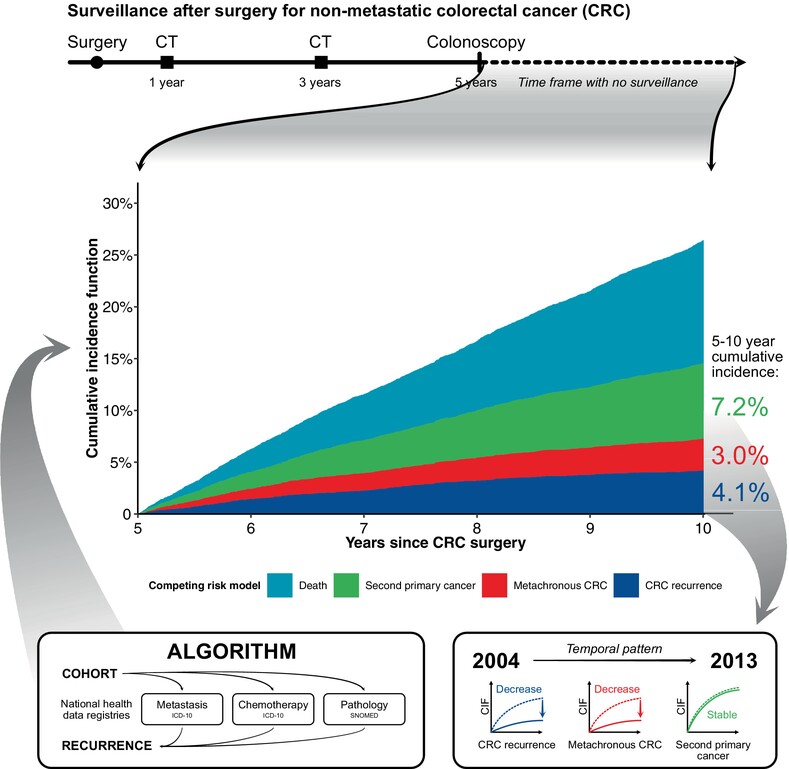
What's new?
Recent advancements in colorectal cancer (CRC) management have reduced the risk of late recurrence and metachronous CRC 5–10 years after curative surgery for non-metastatic CRC—a timeframe with no surveillance according to current guidelines. Despite more patients are cancer-free survivors at the 5-year mark, late events remain uncommon. Our study does not support extending current surveillance protocols, as late recurrence or metachronous CRC don't impact more patients than late second non-CRC primary cancers.
Prognostic and predictive impact of metastatic organ involvement on maintenance therapy in advanced metastatic colorectal cancer: Subgroup analysis of patients treated within the PanaMa trial (AIO KRK 0212)
- International Journal of Cancer
- First Published: 15 October 2023
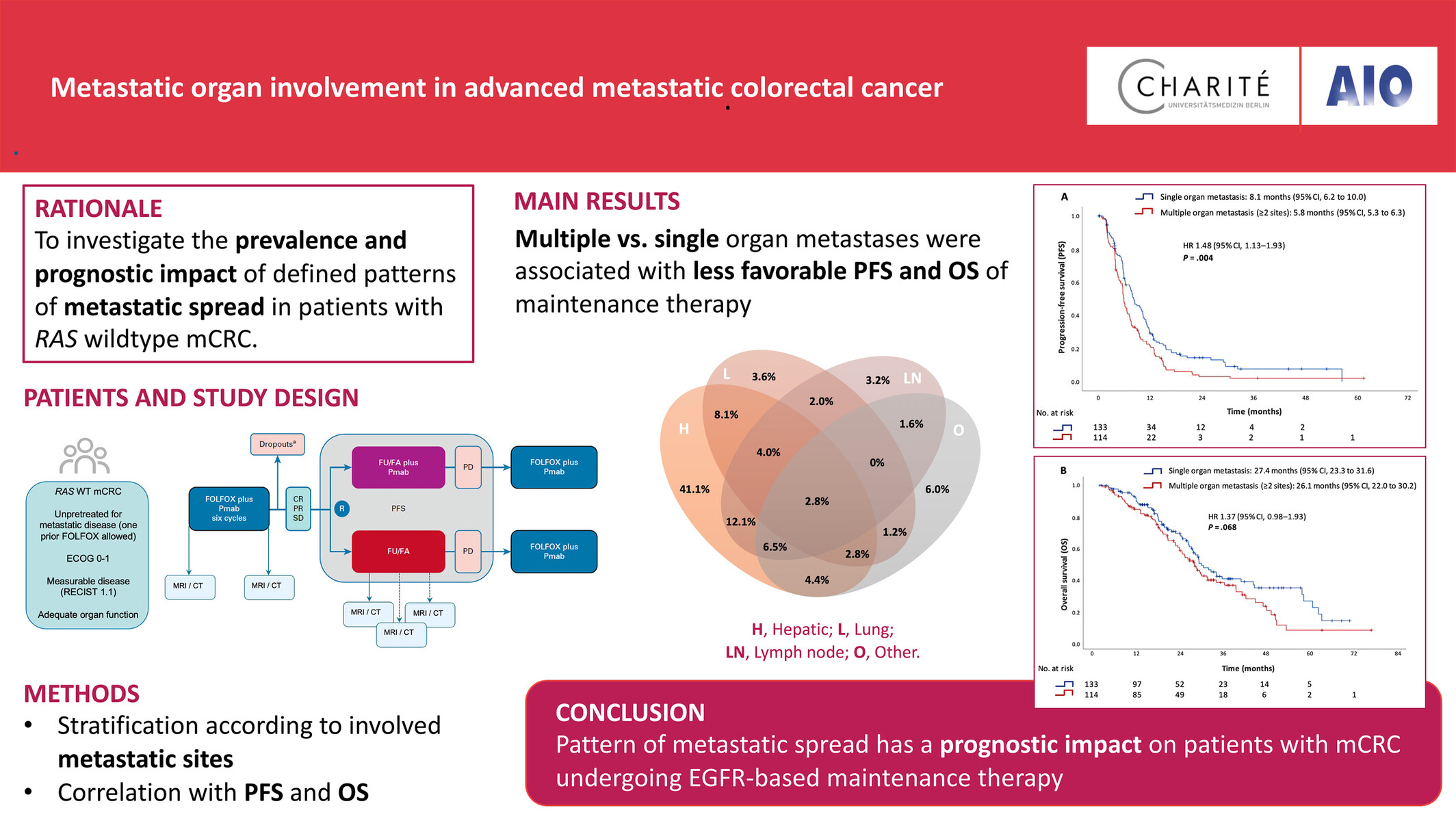
What's new?
A variety of patterns in metastasis can occur in RAS wildtype metastatic colorectal cancer (mCRC). Heterogeneity in metastatic spread, however, challenges prognostic evaluation for patients with these tumors. Here, the prognostic and therapeutic significance of different metastatic patterns in RAS wildtype mCRC was investigated in patients on maintenance therapy with 5-fluorouracil/folinic acid, with or without panitumumab. In patients who presented with liver-limited disease, spread to one additional organ had limited impact on survival. Survival was less favorable for metastasis to multiple organs. Maintenance therapy involving panitumumab had greater effect in RAS wildtype mCRC patients with multiple organ metastasis.
Panitumumab plus trifluridine/tipiracil as anti-EGFR rechallenge therapy in patients with refractory RAS wild-type metastatic colorectal cancer: Overall survival and subgroup analysis of the randomized phase II VELO trial
- International Journal of Cancer
- First Published: 30 June 2023
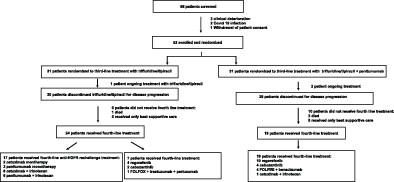
What's new?
Patients with metastatic colorectal cancer (mCRC) who are taking EGFR inhibitors often find their cancers develop resistance. In this article, the authors investigated whether rechallenge with EGFR inhibitors in refractory mCRC patients could improve outcomes. They report results from VELO, the first prospective randomized trial testing to show that adding the EGFR inhibitor panitumumab to trifluridine/tiparicil as third-line treatment improved progression-free survival in mCRC with wild-type RAS. Patients in the control arm who later received fourth-line treatment also had better PFS with panitumumab than with other therapies. These results support the rechallenge approach with EGFR inhibitors for refractory mCRC.
JGH Open
Quality and educational content of Douyin and TikTok short videos on early screening of rectal cancer
- JGH Open
- First Published: 20 November 2023
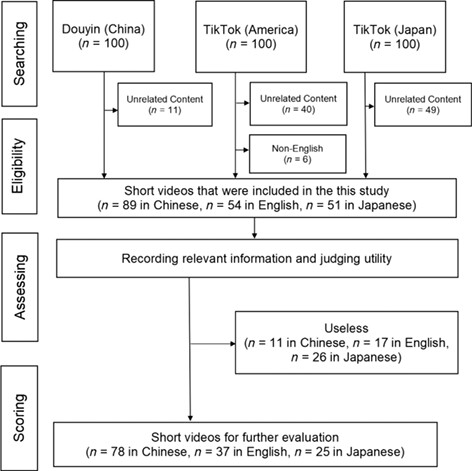
The aim of this study was to assess the quality and content of short videos Douyin and TikTok for educational role on early screening of rectal cancer. We found that in terms of quality score and content score, the Chinese videos on Douyin exhibit superiority over the English and Japanese videos on TikTok.
Negative effect of prolonged cecal intubation time on adenoma detection in female patients
- JGH Open
- First Published: 24 January 2023
Journal of Gastroenterology and Hepatology
Efficacy of a whole slide image-based prediction model for lymph node metastasis in T1 colorectal cancer: A systematic review
- Journal of Gastroenterology and Hepatology
- First Published: 26 September 2024
Cost Effectiveness of Colorectal Cancer Screening Strategies in Middle- and High-Income Countries: A Systematic Review
- Journal of Gastroenterology and Hepatology
- First Published: 16 January 2025
Prognosis and clinicopathological features of patients with early-onset and late-onset colorectal cancer with second primary malignancies
- Journal of Gastroenterology and Hepatology
- First Published: 03 November 2024
Colorectal cancer and its attributable risk factors in East Asia, 1990–2030
- Journal of Gastroenterology and Hepatology
- First Published: 14 January 2024
Beyond a vestigial organ: effects of the appendix on gut microbiome and colorectal cancer
- Journal of Gastroenterology and Hepatology
- First Published: 01 February 2024
Journal of Internal Medicine
Making the best use of quantitative fecal immunochemical test results in colorectal cancer screening
- Journal of Internal Medicine
- First Published: 18 June 2024
This article relates to:
-
Colonoscopy findings after increasing two-stool faecal immunochemical test (FIT) cut-off: Cross-sectional analysis of the SCREESCO randomized trial
- Marcus Westerberg,
- Julia Eriksson,
- Chris Metcalfe,
- Christian Löwbeer,
- Anders Ekbom,
- Robert Steele,
- Lars Holmberg,
- Anna Forsberg,
- Volume 296Issue 2Journal of Internal Medicine
- pages: 187-199
- First Published online: June 6, 2024
Colonoscopy findings after increasing two-stool faecal immunochemical test (FIT) cut-off: Cross-sectional analysis of the SCREESCO randomized trial
- Journal of Internal Medicine
- First Published: 06 June 2024
Journal of Medical Imaging & Radiation Oncology
Radioembolisation of liver metastases
- Journal of Medical Imaging and Radiation Oncology
- First Published: 21 June 2023
Deep learning to predict lymph node status on pre-operative staging CT in patients with colon cancer
- Journal of Medical Imaging and Radiation Oncology
- First Published: 19 September 2023
Journal of Pathology
Computational pathology applied to clinical colorectal cancer cohorts identifies immune and endothelial cell spatial patterns predictive of outcome
- The Journal of Pathology
- First Published: 09 January 2025
Tumour purity assessment with deep learning in colorectal cancer and impact on molecular analysis
- The Journal of Pathology
- First Published: 22 December 2024
A partial epithelial-mesenchymal transition signature for highly aggressive colorectal cancer cells that survive under nutrient restriction
- The Journal of Pathology
- First Published: 18 January 2024
Genetic and immune landscape evolution in MMR-deficient colorectal cancer
- The Journal of Pathology
- First Published: 15 November 2023
Journal of Pathology: Clinical Research
Exploring prognostic biomarkers in pathological images of colorectal cancer patients via deep learning
- The Journal of Pathology: Clinical Research
- First Published: 29 September 2024
Aberrant PRDM2 methylation as an early event in serrated lesions destined to evolve into microsatellite-instable colorectal cancers
- The Journal of Pathology: Clinical Research
- First Published: 21 February 2024
Journal of Surgical Oncology
Circulating Tumor DNA as a Marker of Recurrence Risk in Stage III Colorectal Cancer: The α-CORRECT Study
- Journal of Surgical Oncology
- First Published: 25 January 2025
Colorectal Cancer and Quality of Life: A Medicare Advantage Study by Race, Ethnicity, and Language
- Journal of Surgical Oncology
- First Published: 13 January 2025
Poor prognosis of young male patients with stage III colorectal cancer: A multicenter retrospective study
- Journal of Surgical Oncology
- First Published: 19 December 2023
Impact of autotransfusion on recurrence of colorectal cancer liver metastasis: Long-term follow-up of patients undergoing curative intent hepatectomy
- Journal of Surgical Oncology
- First Published: 27 December 2023
Lifestyle Medicine
The Effect of Post-Treatment Combined Lifestyle Interventions on Quality of Life in Colorectal Cancer Patients – A Systematic Review
- Lifestyle Medicine
- First Published: 04 July 2024
Malignancy Spectrum
Prognostic ability of the neoadjuvant rectal (NAR) score in long-course concurrent chemoradiotherapy for patients with locally advanced rectal cancer: a retrospective cohort study
- Malignancy Spectrum
- First Published: 23 July 2023
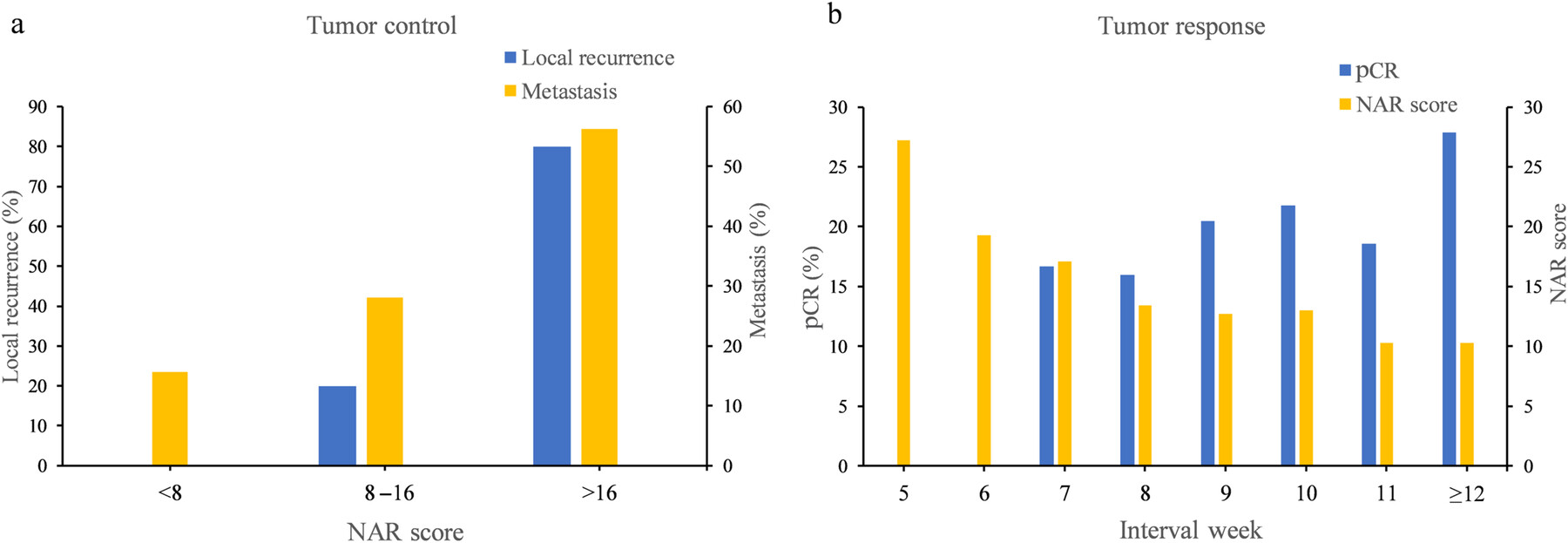
This study indicates that the neoadjuvant rectal (NAR) score predicts disease-free survival (DFS) and overall survival (OS) for locally advanced rectal cancer (LARC) patients treated with long-course chemoradiotherapy followed by radical surgery. NAR-based nomograms have the potential to be used in clinical practice.
MedComm
Senescence-based colorectal cancer subtyping reveals distinct molecular characteristics and therapeutic strategies
- MedComm
- First Published: 26 July 2023
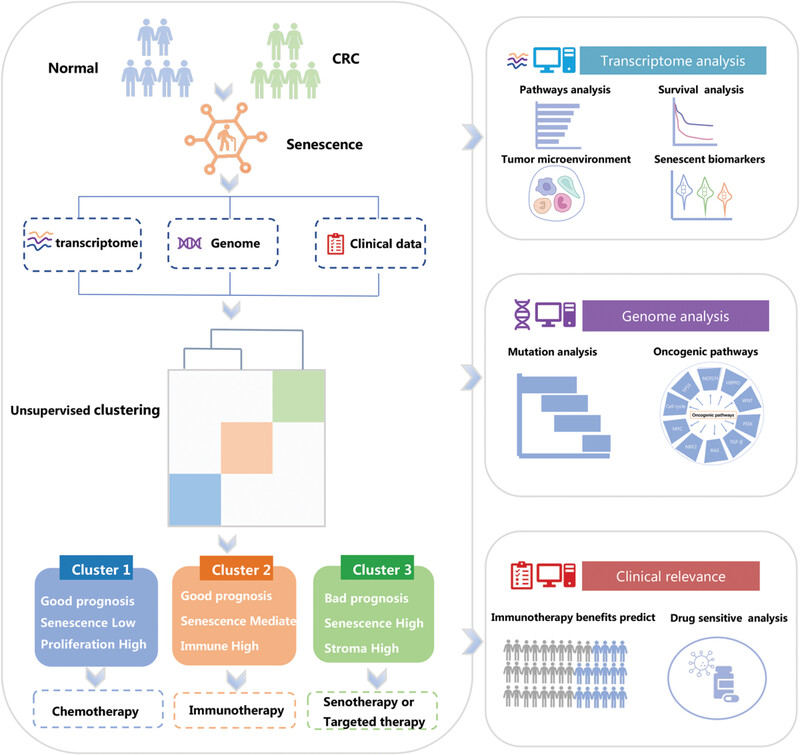
Schema flow chart of the study. The analysis included multi-omics data from transcriptomic, genomic, and whole slide images of more than 2500 colorectal cancer (CRC) patients. Senescence subtypes were established by unsupervised clustering, and multi-omics data were utilized to further analyze the biological characteristics, tumor microenvironment, mutational landscape, and drug sensitivity of the senescence subtypes. Finally, the senescence scoring system senescore was developed and its clinical prognosis and therapeutic efficacy were validated in multiple CRC cohorts.
Clinical evaluation of a multitarget fecal immunochemical test-sDNA test for colorectal cancer screening in a high-risk population: a prospective, multicenter clinical study
- MedComm
- First Published: 12 August 2023
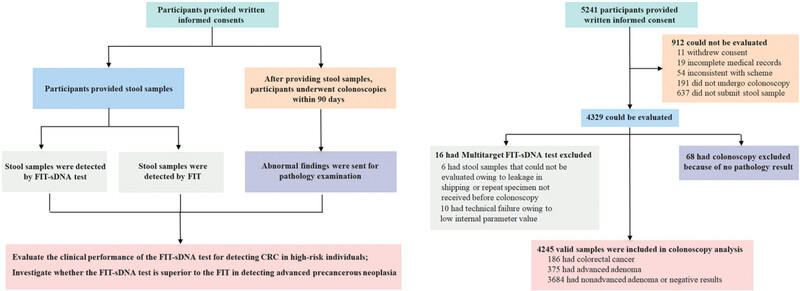
We conducted a multicenter, prospective clinical study which recruited 4,245 high-risk CRC individuals to evaluate the clinical performance of the multitarget fecal immunochemical and stool DNA (FIT-sDNA) test for CRC screening. We found that the FIT-sDNA test detected more colorectal advanced neoplasia than FIT. It indicated that in areas with limited colonoscopy resources, the FIT-sDNA test could be a promising further risk triaging modality to select patients for colonoscopy in CRC screening.
Glycerol-3-phosphate acyltransferase 3-mediated lipid droplets accumulation confers chemoresistance of colorectal cancer
- MedComm
- First Published: 09 February 2024
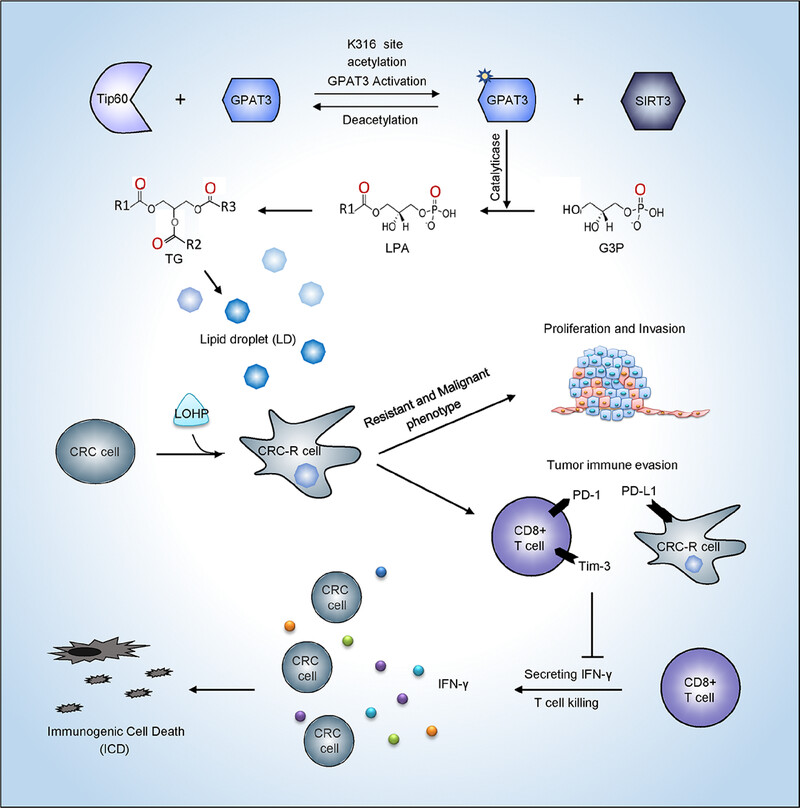
GPAT3 is responsible for G3P converting to LPA. It is the first step in TG synthesis and LD production. Oxa induces GPAT3 overexpression and LDs accumulation, which confers chemoresistance to CRC cells. Chemoresistant cells present a more malignant phenotype and suppress the cell killing effect of CD8+T cells, resulting in immune evasion and tumor recurrence
MedComm - Biomaterials and Applications
Recent advances of nanobody applications in diagnosis and detection
- MedComm – Biomaterials and Applications
- First Published: 03 September 2023
Melatonin: Avenues in cancer therapy and its nanotechnological advancements
- MedComm – Biomaterials and Applications
- First Published: 11 September 2023
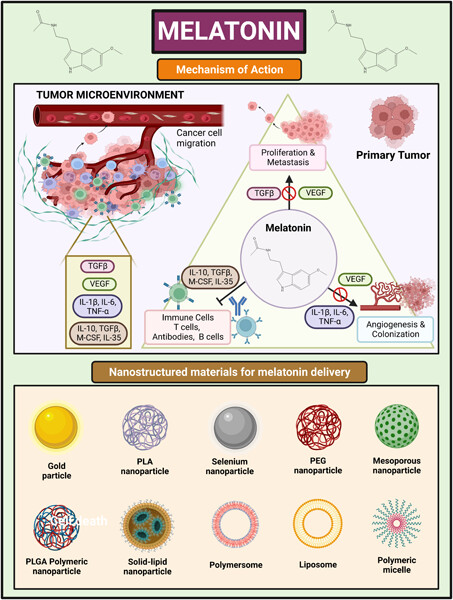
Melatonin's role in cancer treatment and nanotechnological developments for efficient delivery of the drug to the targeted sites. Natural sources of MLT, its physiological functions and mechanism of action is explained in detail along with targeted sites in humans for the easy delivery of the MLT administered via nanostructured materials.
MedComm - Future Medicine
Metabolic insights into tumor pathogenesis: Unveiling pan-cancer metabolism and the potential of untargeted metabolomics
- MedComm – Future Medicine
- First Published: 26 September 2023
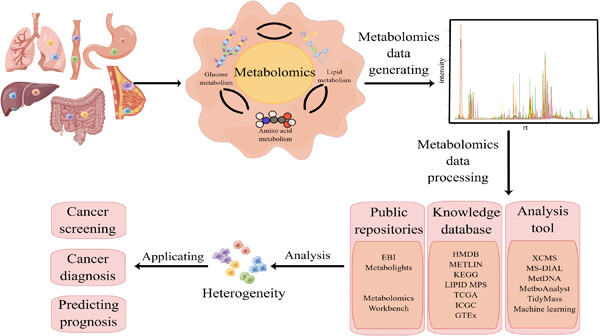
The research of cancer metabolism heterogeneity seeks to identify common metabolic pathways and processes that are shared across different types of cancer, mainly including specimen collection, data generation, and data analysis. This approach can avoid tumor heterogeneity and present a comprehensive metabolic panorama of tumors, thus helping to identify metabolic targets relevant to multiple cancer types and search for more sensitive markers to develop more broadly effective therapies.
Direct cellular targets and anticancer mechanisms of the natural product oridonin
- MedComm – Future Medicine
- First Published: 24 February 2023
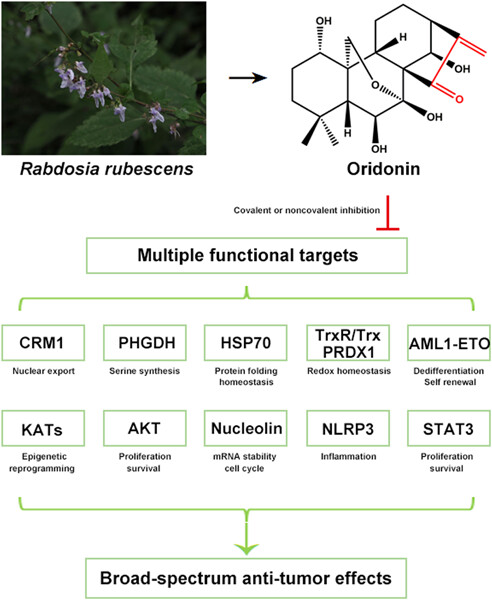
Oridonin, a natural diterpenoid, exhibits broad-spectrum anticancer effects by targeting multiple oncogenic proteins mainly via Michael addition between its unsaturated ketone and the cysteines in the target proteins. Thus, oridonin and its derivatives hold the potential to be developed as multitargeting anticancer drugs.
MedComm - Oncology
Gasdermin E plasmid DNA/indocyanine green coloaded hybrid nanoparticles with spatiotemporal controllability to induce pyroptosis for colon cancer treatment
- MedComm – Oncology
- First Published: 02 June 2023

We develop lipid-coated poly(lactide-co-glycolide) nanoparticles coloaded with indocyanine green and Gasdermin E expressing plasmid DNA (GSDME-pDNA) to possess the spatiotemporal controllability of target gene expression induced by a heat-inducible mHSP70 promoter. Oxaliplatin is administered to activate caspase-3 to cleave GSDME to cause pyroptosis, which promotes the release of damage-associated molecular patterns molecules and causes an immunogenic inflammatory response and attendant strong antitumor effect.
Systematic analysis of markers for T-cell differentiation revealing CD95 as a novel biomarker for prognosis and immunotherapeutic efficacy in colon cancer
- MedComm – Oncology
- First Published: 19 November 2023
Cancer stem cells: Signaling pathways and therapeutic targeting
- MedComm – Oncology
- First Published: 28 December 2023
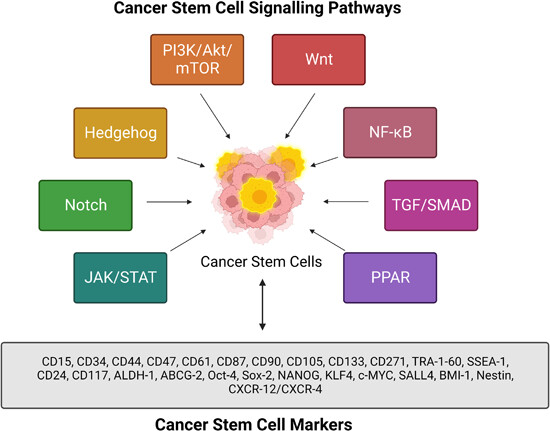
The activation of several critical signalling pathways cooperatively stimulates the cellular and molecular characteristics of cancer stem cells (CSCs). This is characterized by features like stemness, self-renewal, recurrence, and therapy resistance. Treatments are usually based on either blocking or dysregulating the signalling pathways, thereby inducing CSC death in several cases.
Medical Journal of Australia
Contemporary management of advanced colorectal cancer: the Australian experience
- Medical Journal of Australia
- First Published: 28 January 2024
Molecular Carcinogenesis
Pathology International
Leucine-rich repeat-containing G protein-coupled receptor 5 expression in lymph node metastases of colorectal cancer: Clinicopathological insights and prognostic implications
- Pathology International
- First Published: 24 May 2024
Characterization of colorectal cancer by hierarchical clustering analyses of five immune cell markers
- Pathology International
- First Published: 05 December 2023
Pediatric Blood & Cancer
Clinical and Genetic Characteristics of Pediatric Colorectal Cancer
- Pediatric Blood & Cancer
- First Published: 31 January 2025
Pyscho-Oncology
The effect of a couple-based posttraumatic growth intervention in supporting couples coping with colorectal cancer: A randomized controlled study
- Psycho-Oncology
- First Published: 18 March 2024
Understanding the treatment experiences of adults diagnosed with early-onset colorectal cancer: A qualitative study
- Psycho-Oncology
- First Published: 27 June 2024
Colorectal cancer survivors' experiences and views of shared and telehealth models of survivorship care: A qualitative study
- Psycho-Oncology
- First Published: 10 December 2023
Surgical Practice
Evaluating the outcomes of liver-first approach for liver metastases due to colorectal cancer: A systematic review and meta-analysis
- Surgical Practice
- First Published: 17 February 2022



